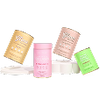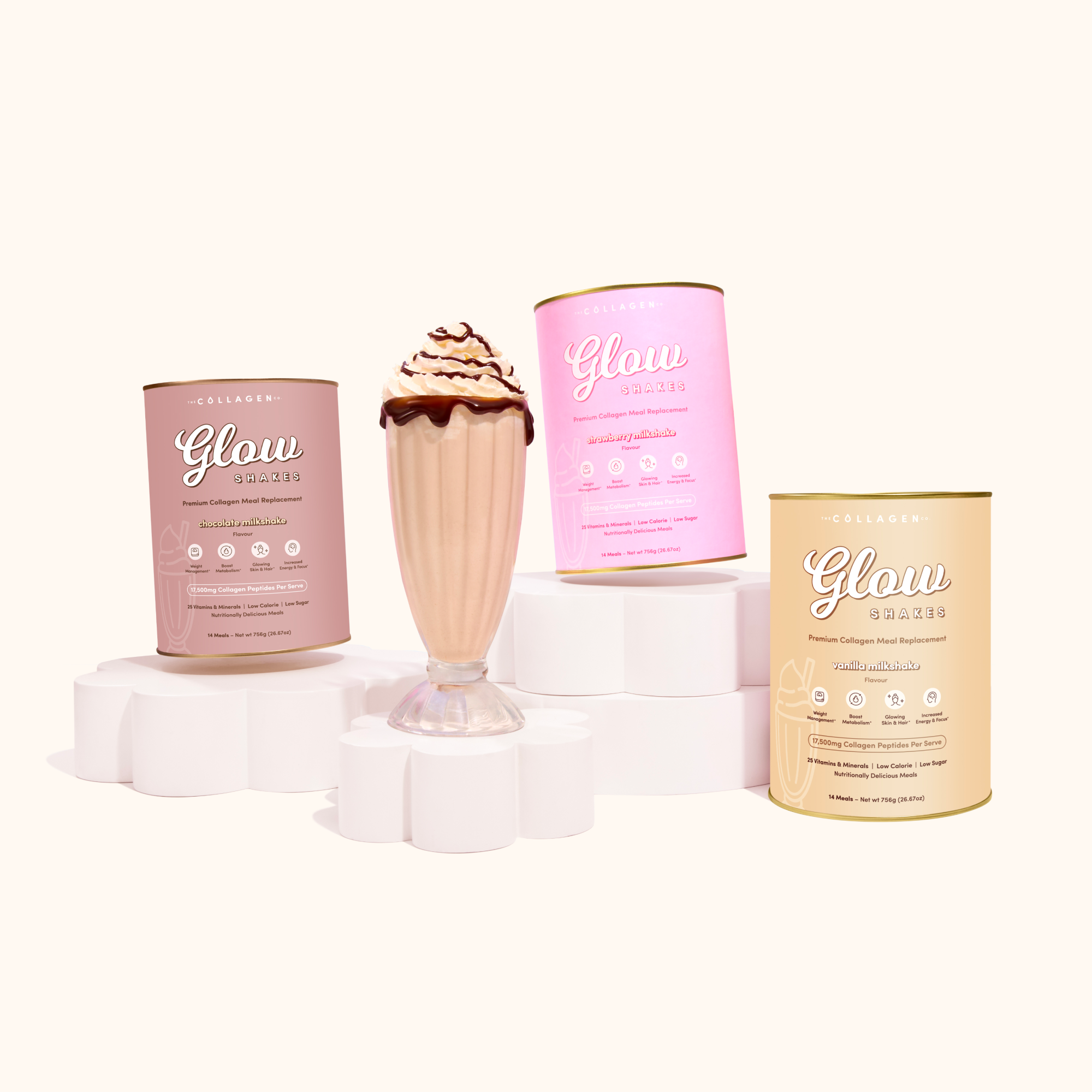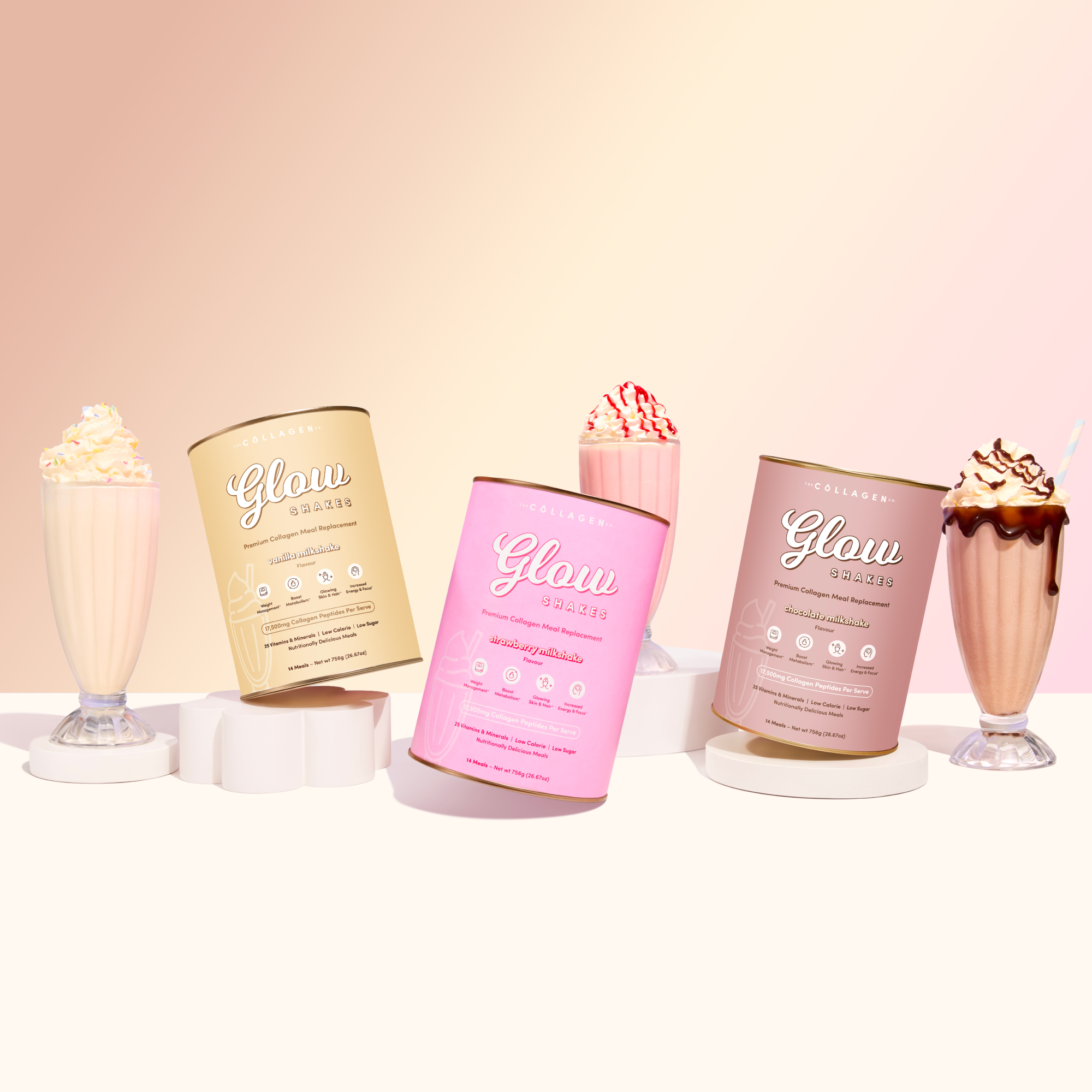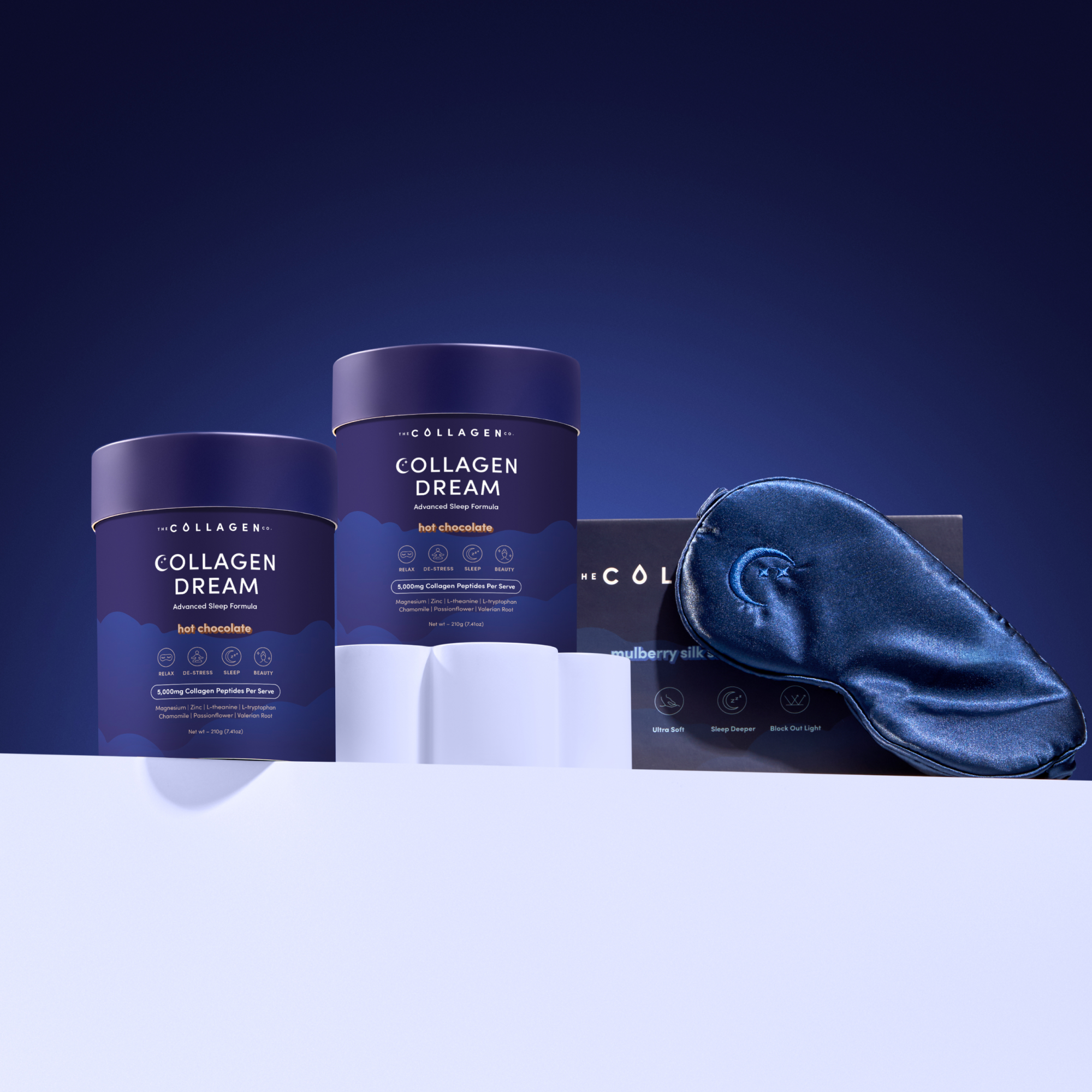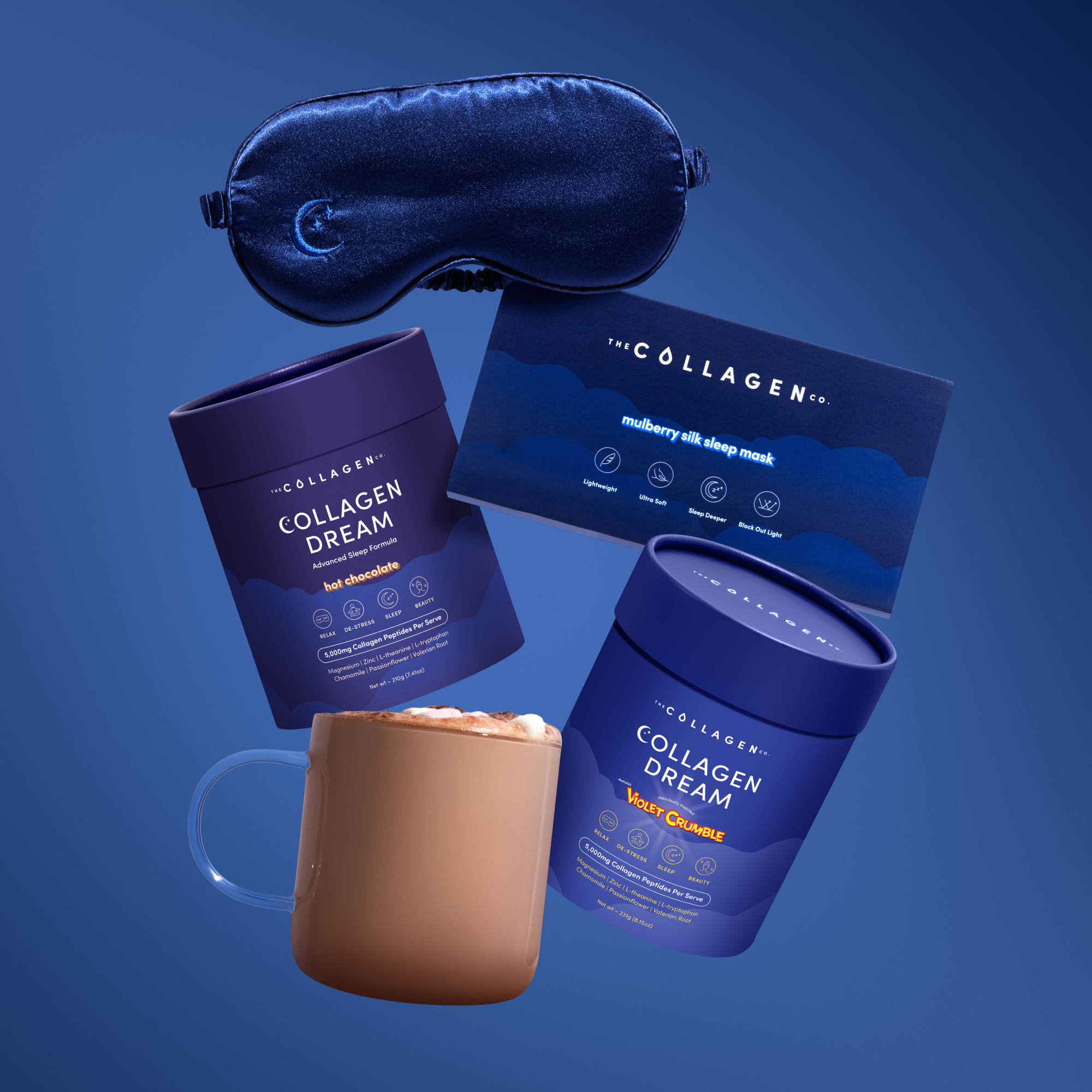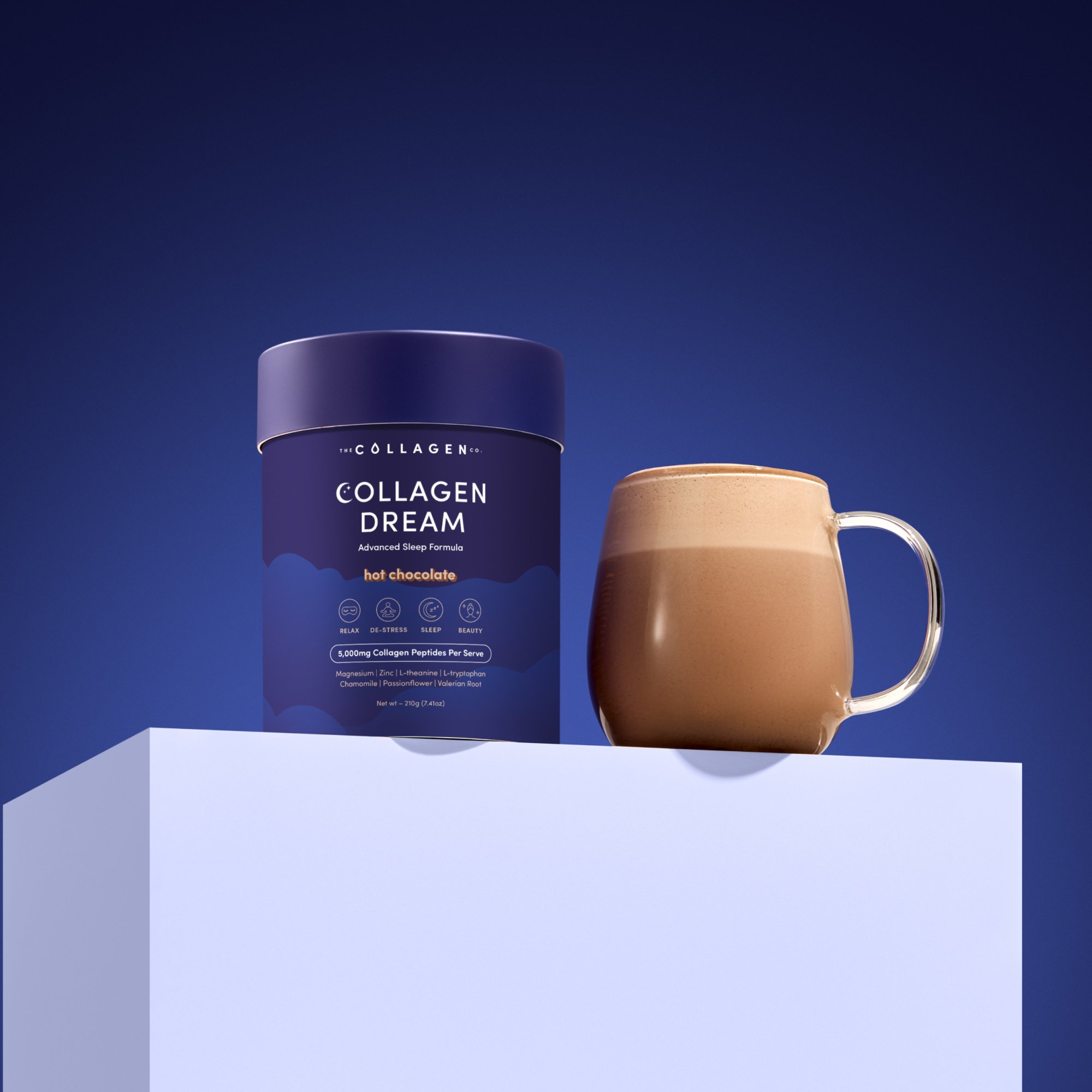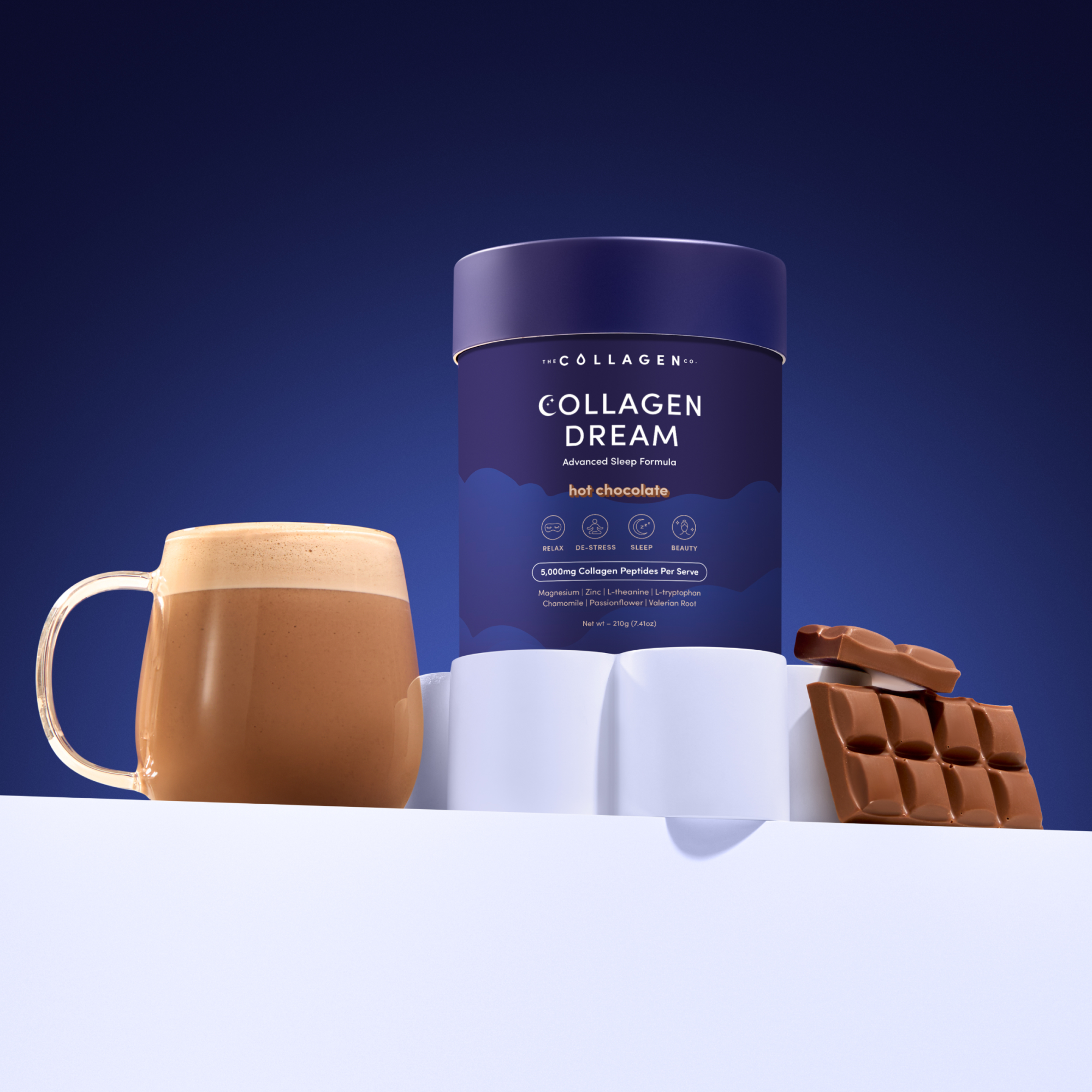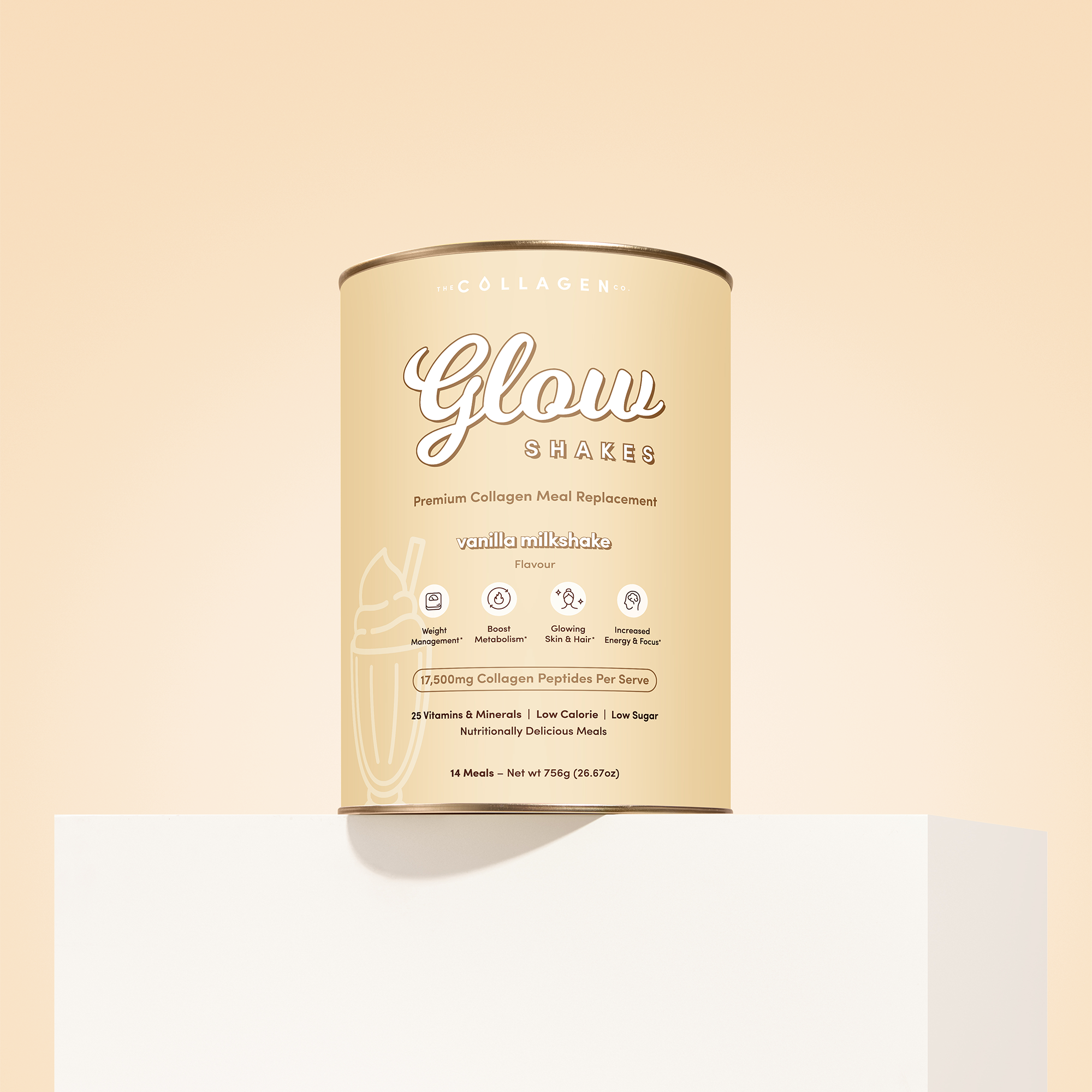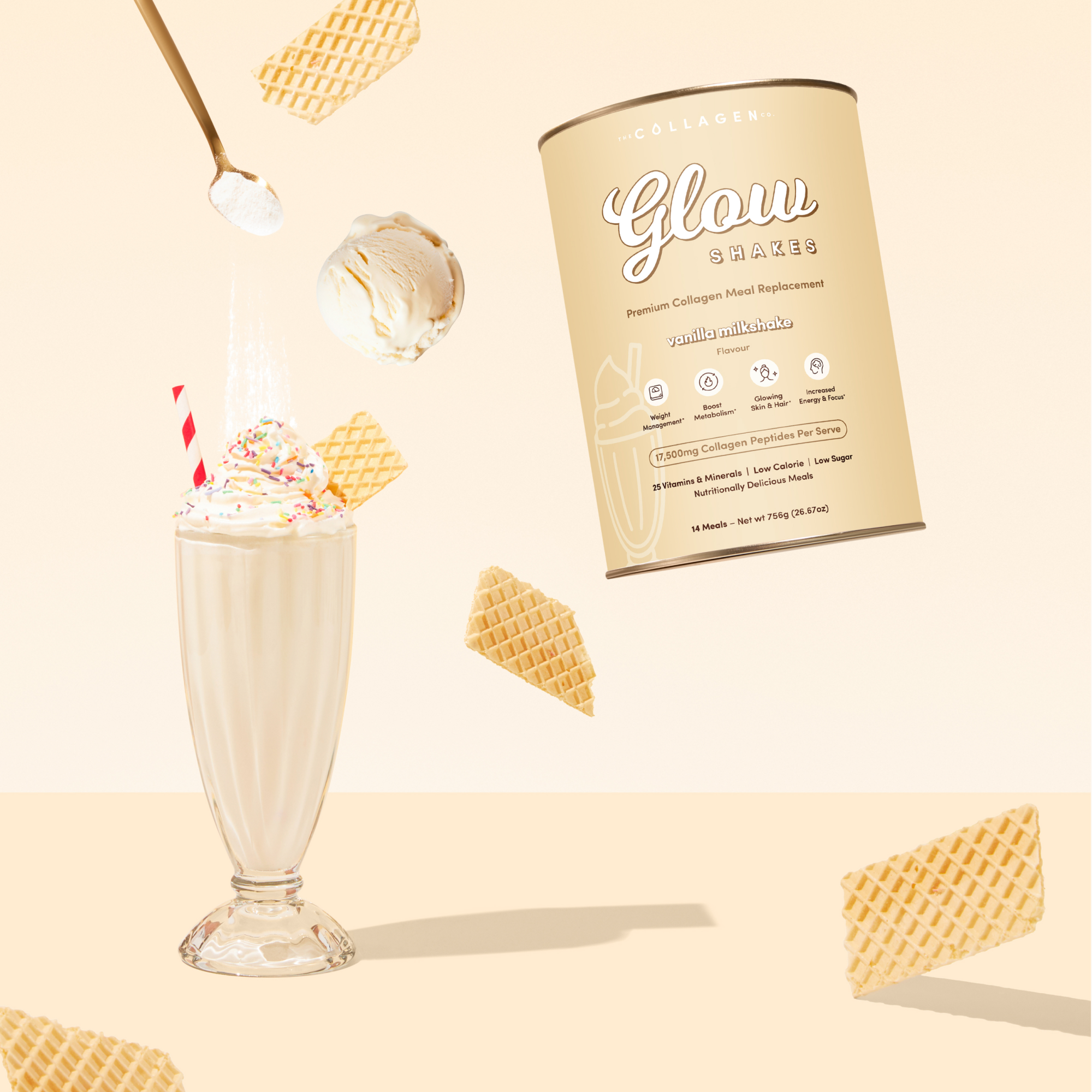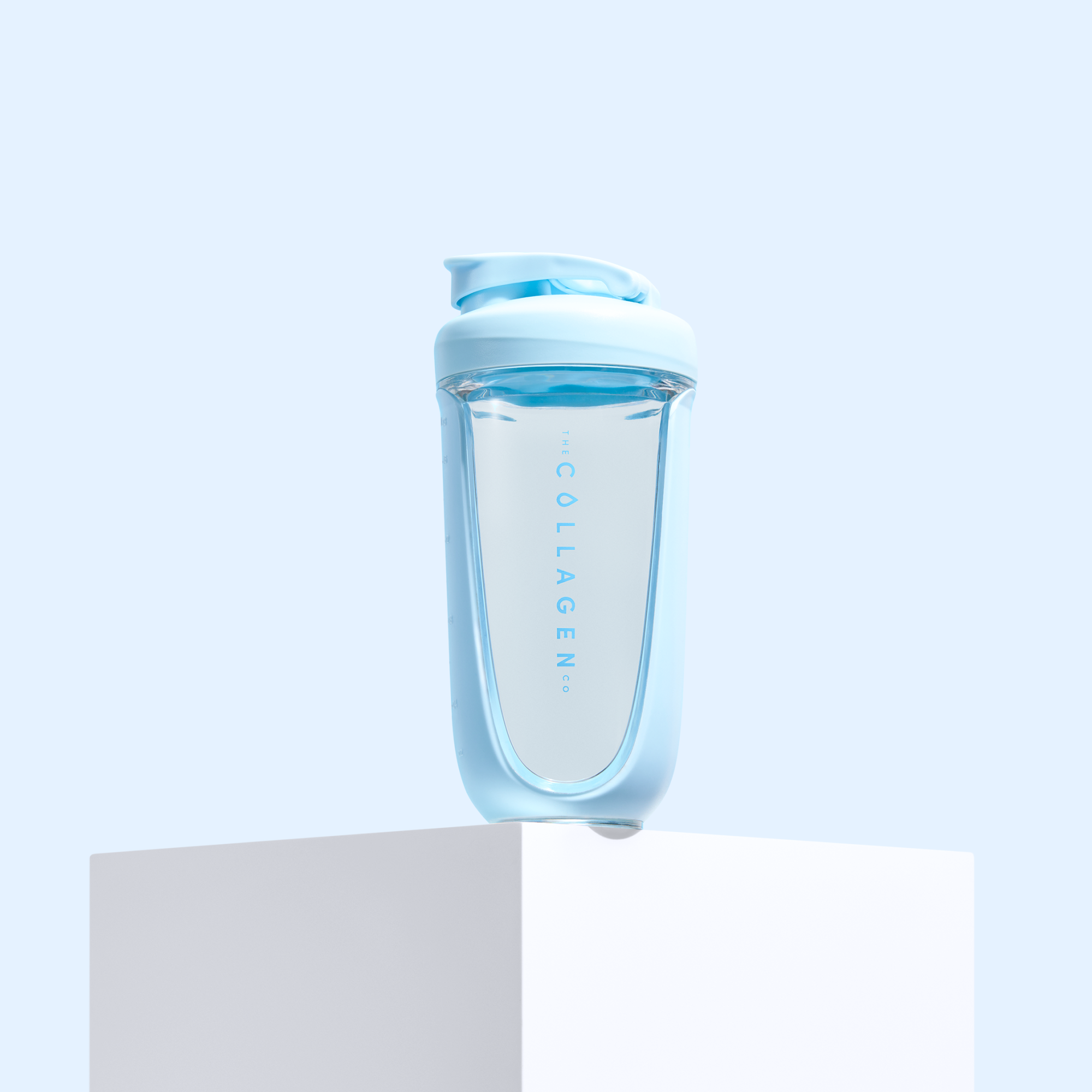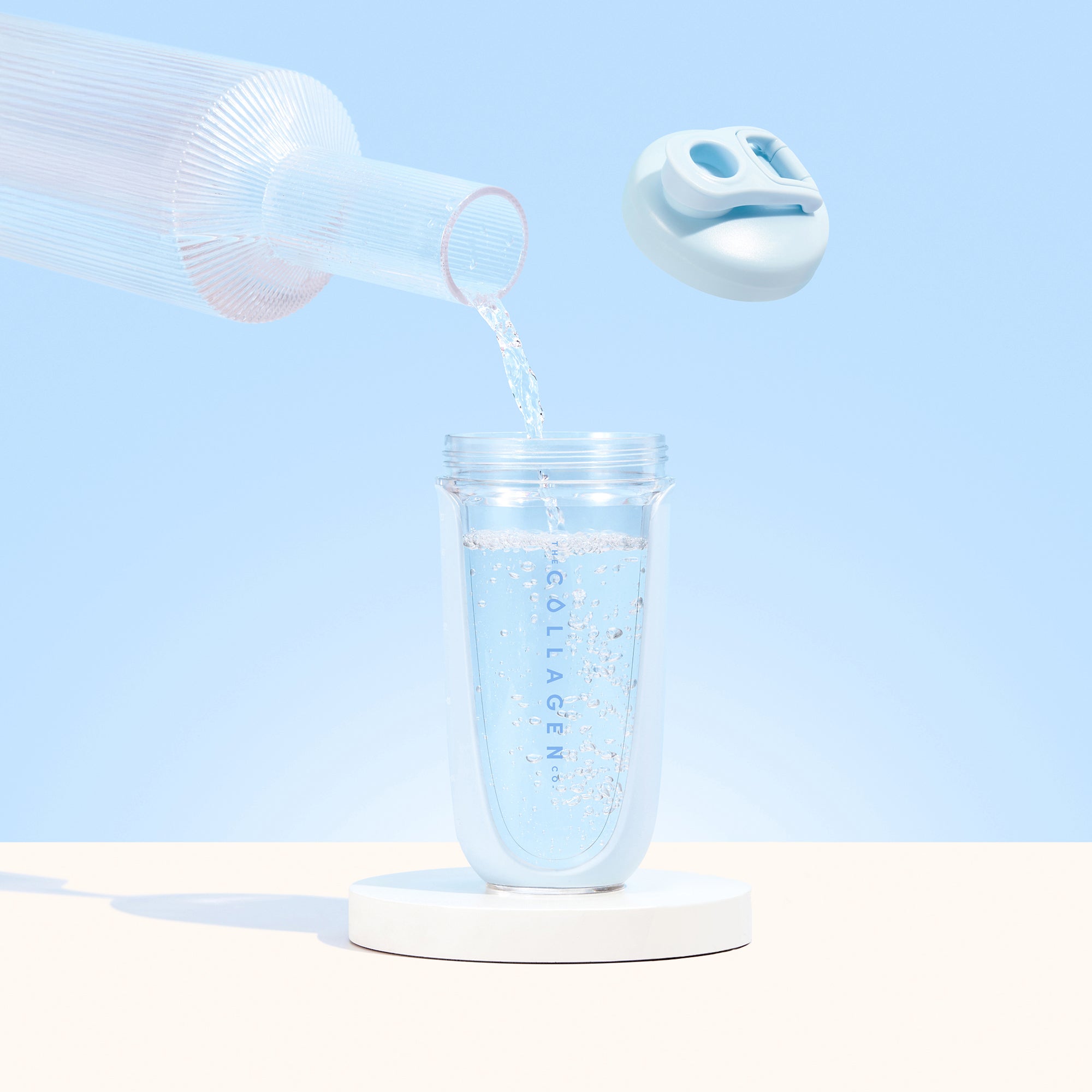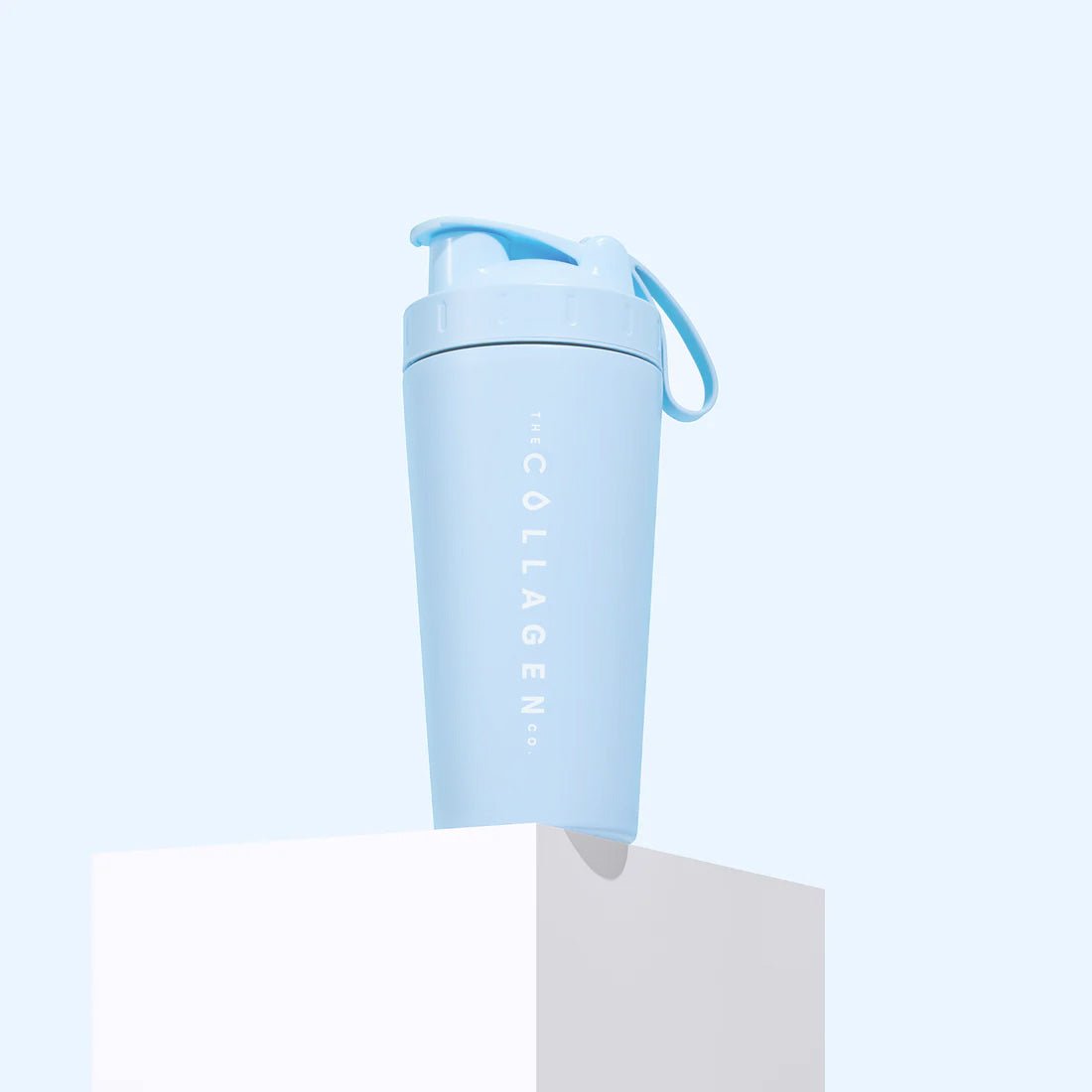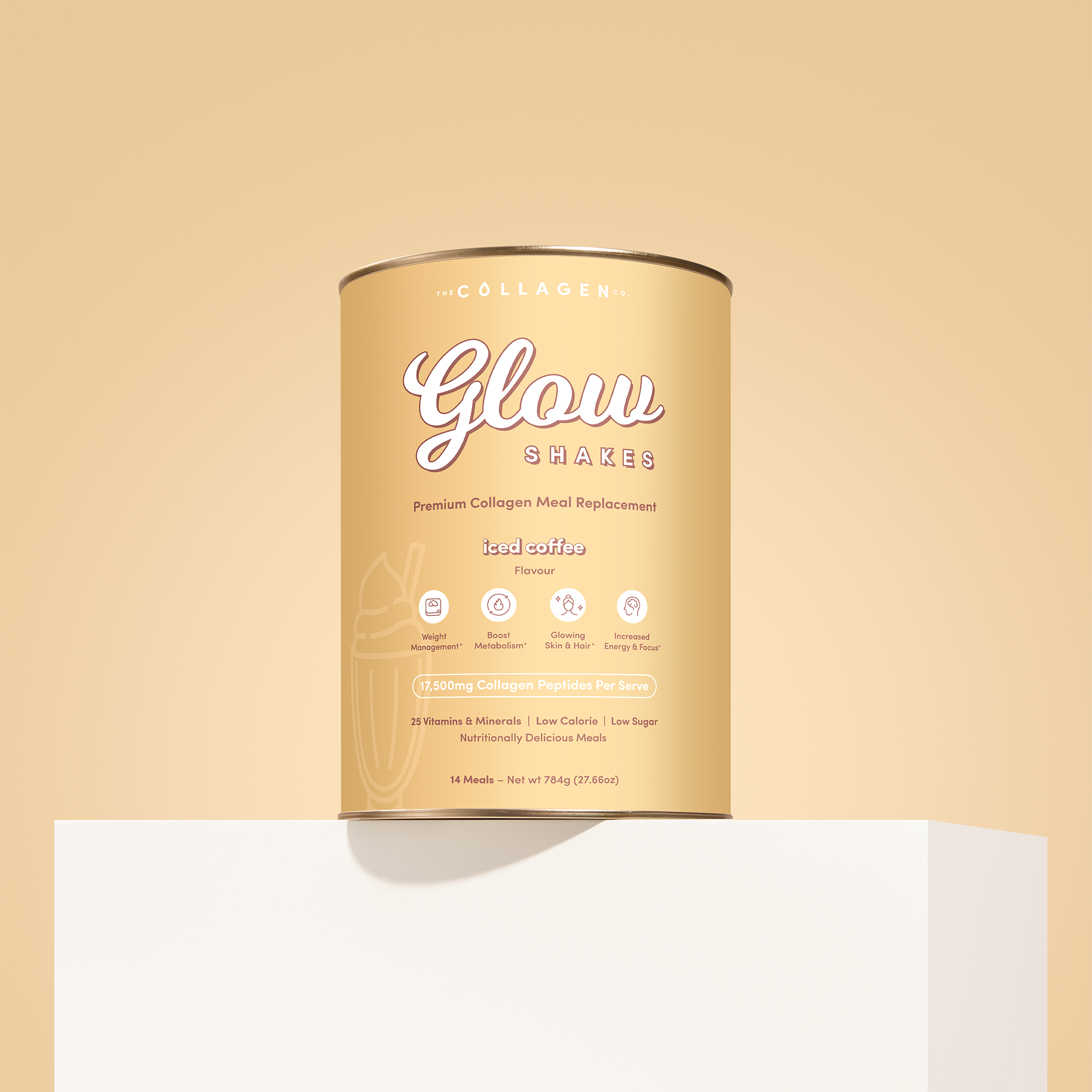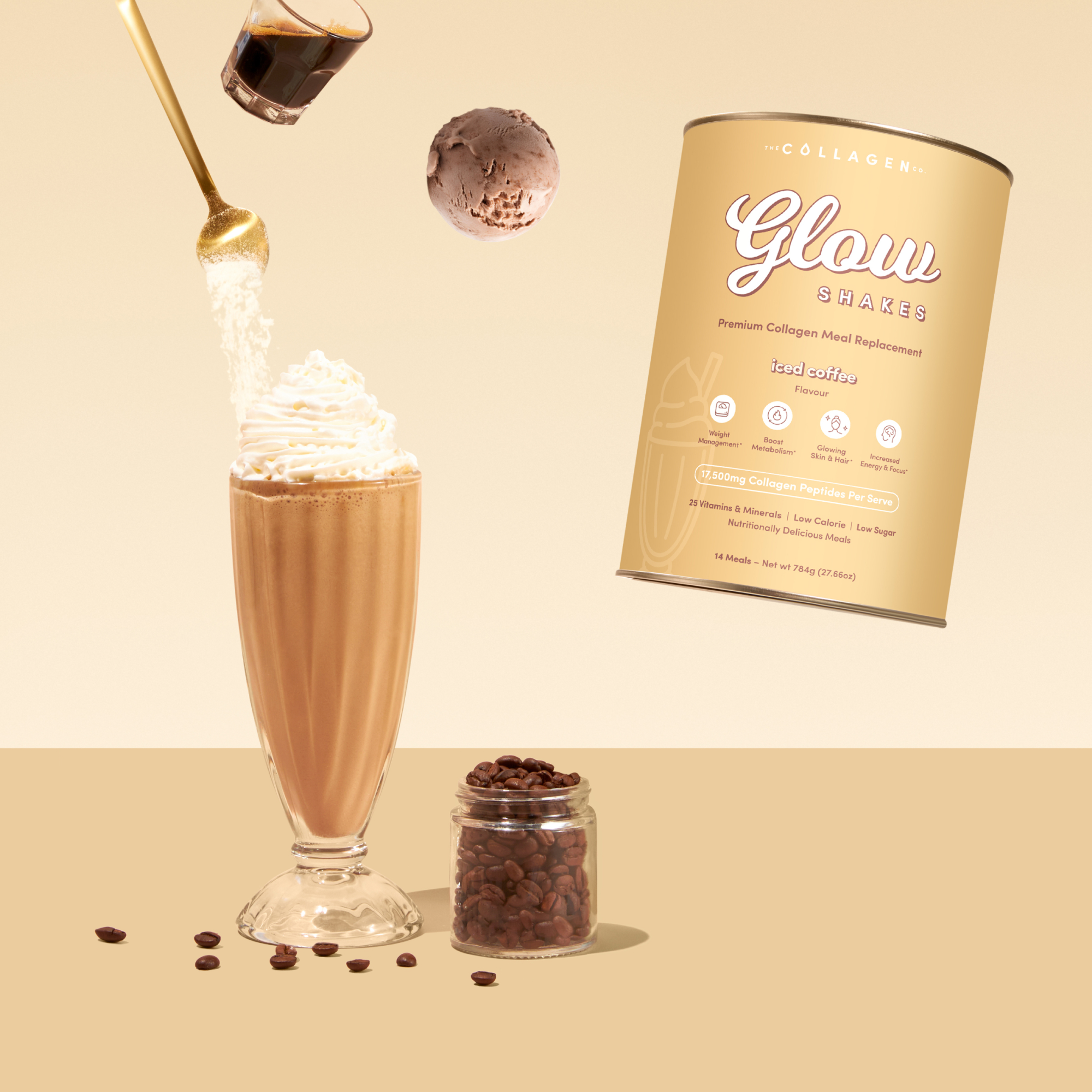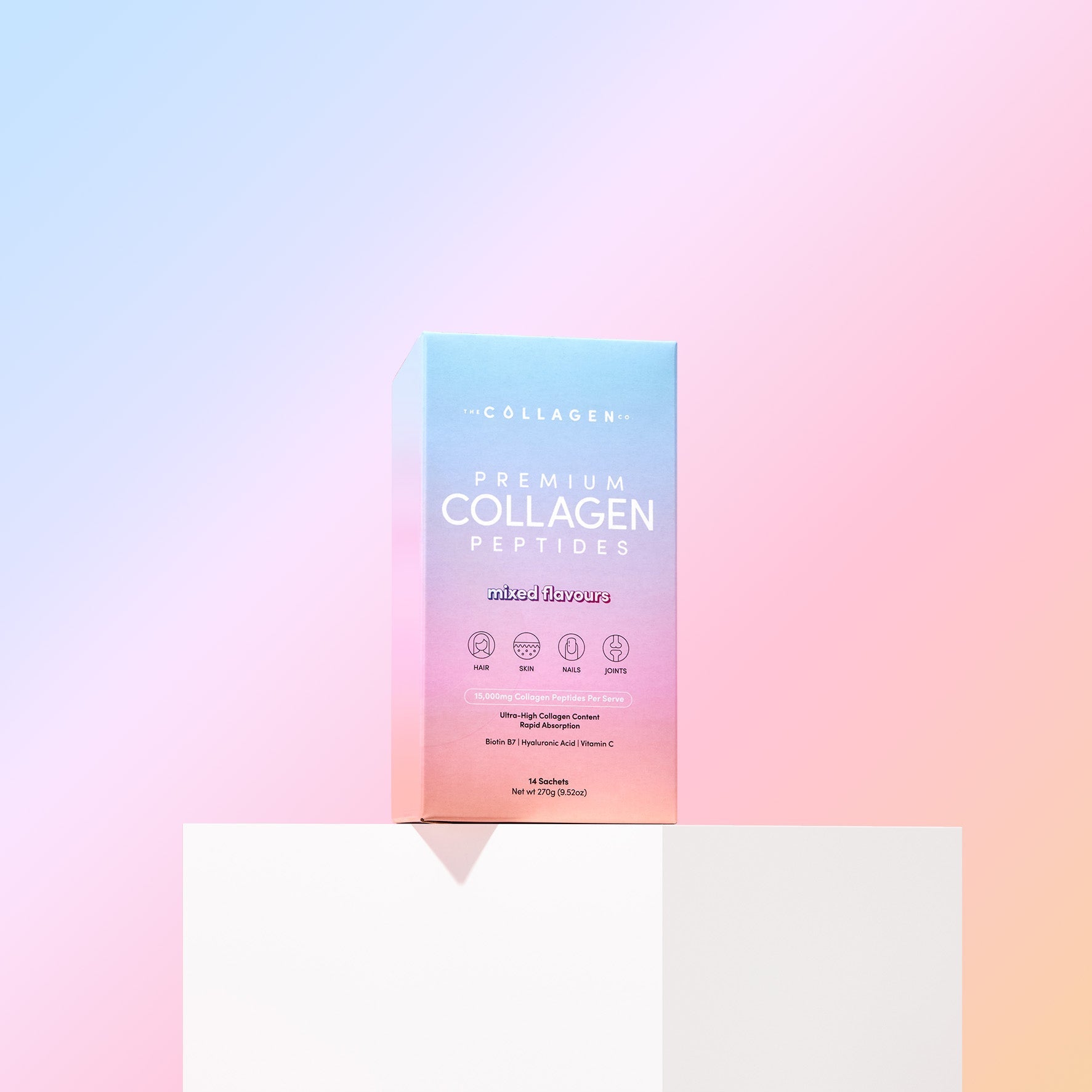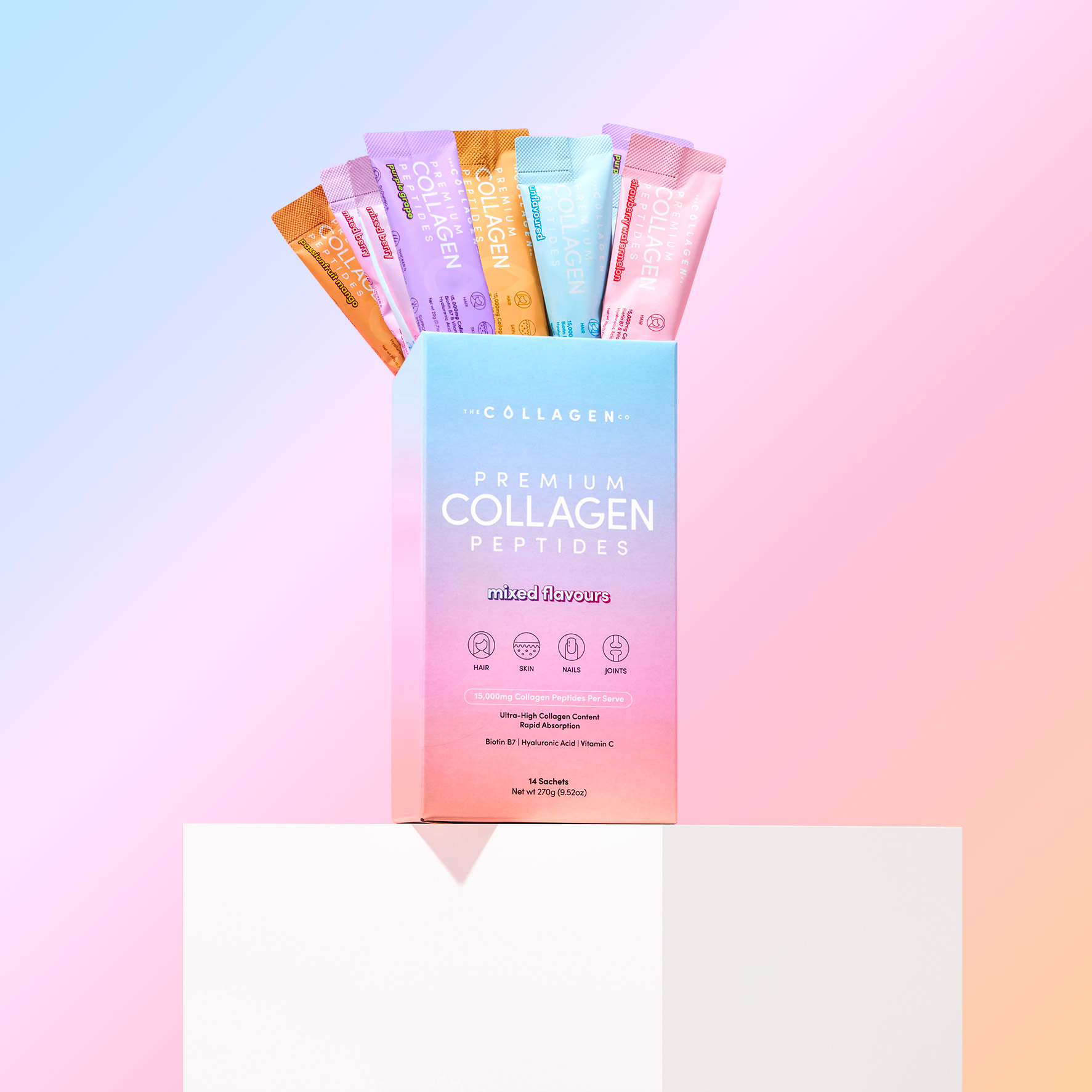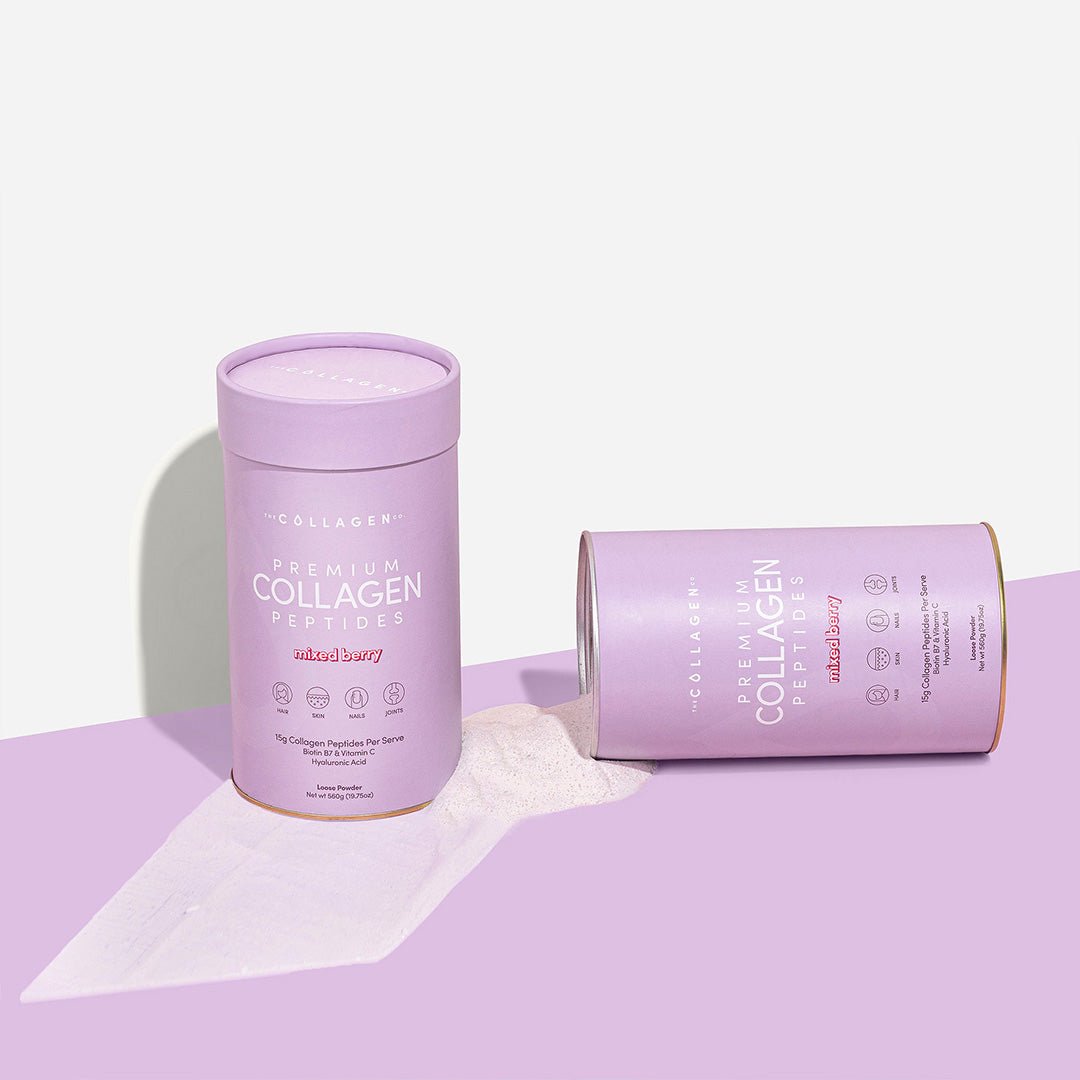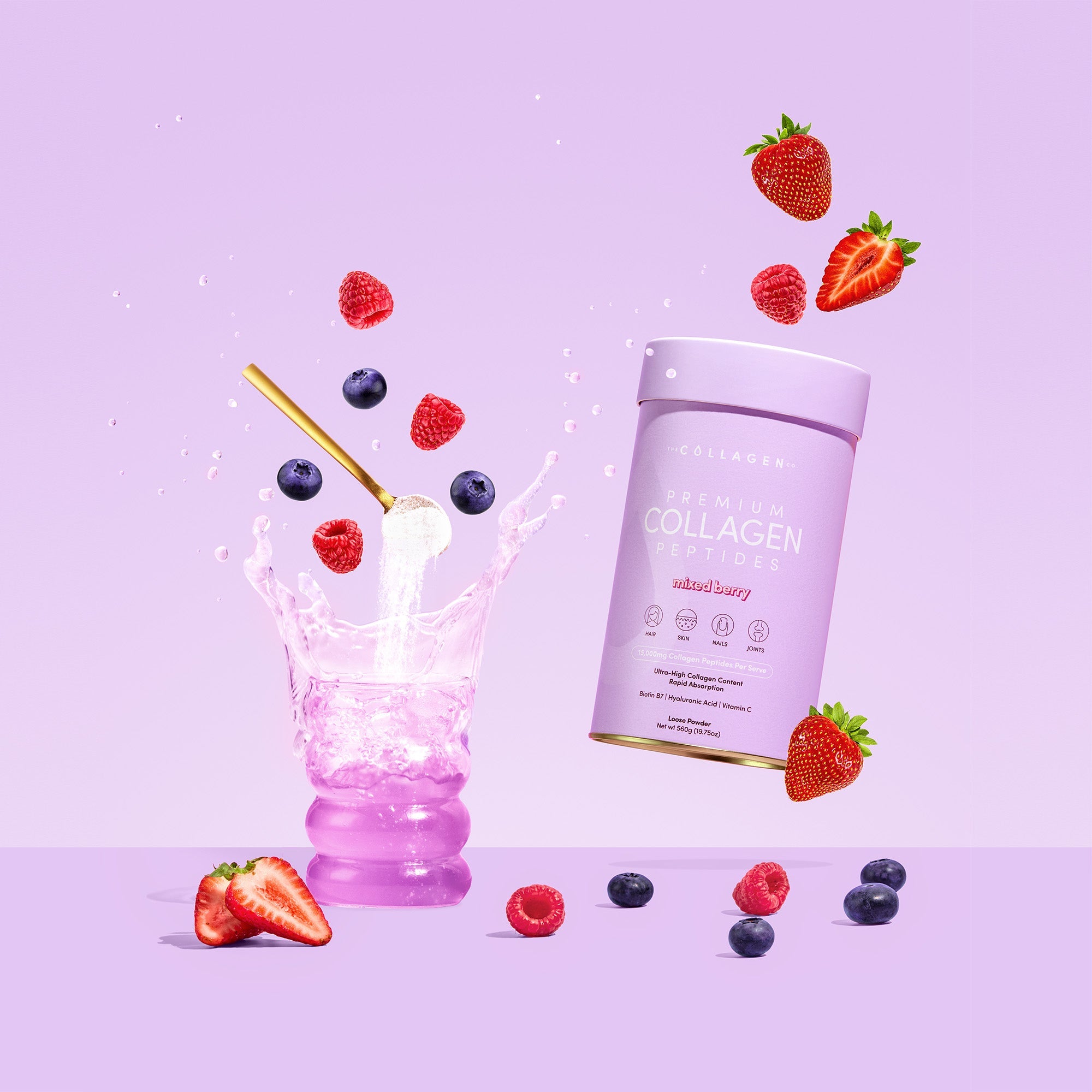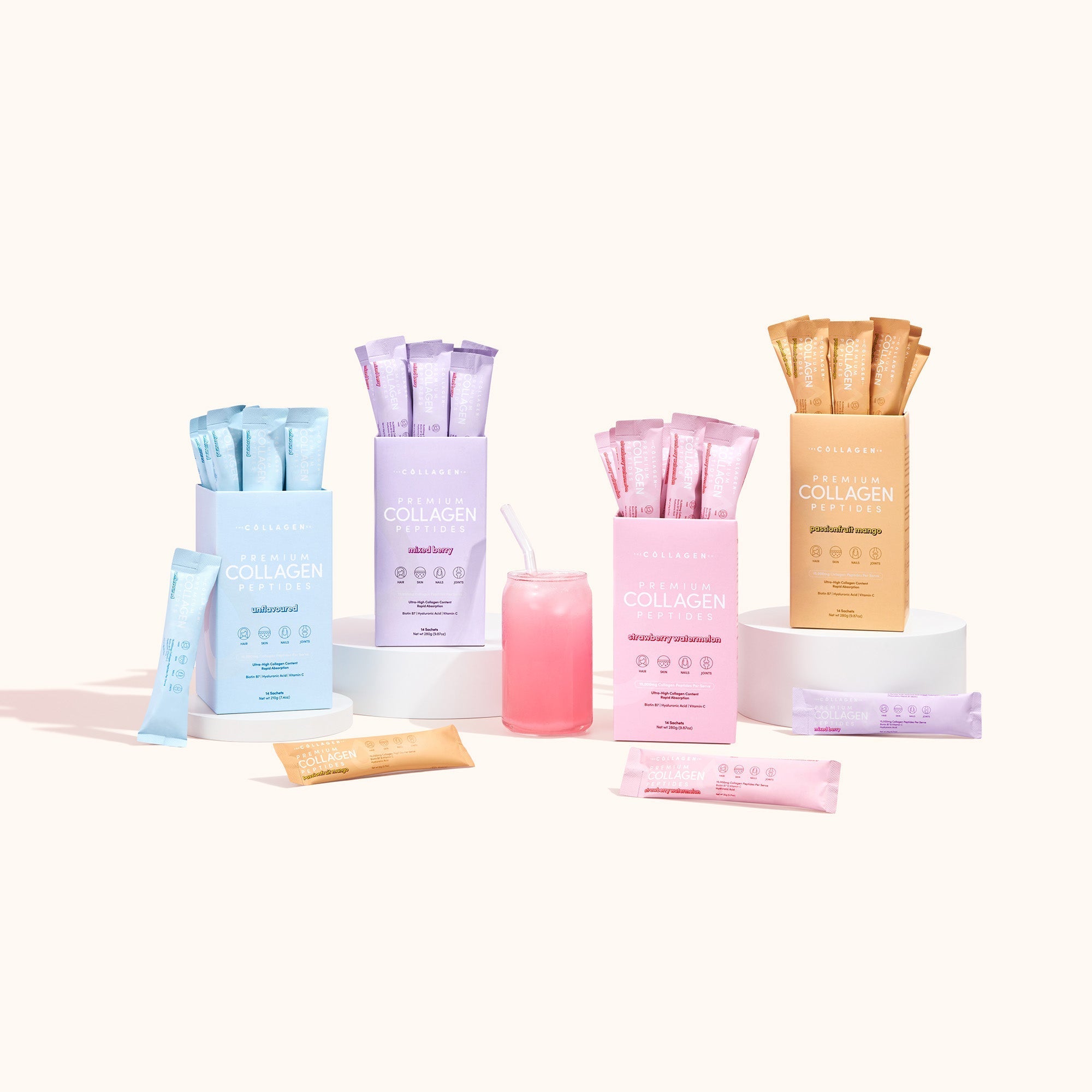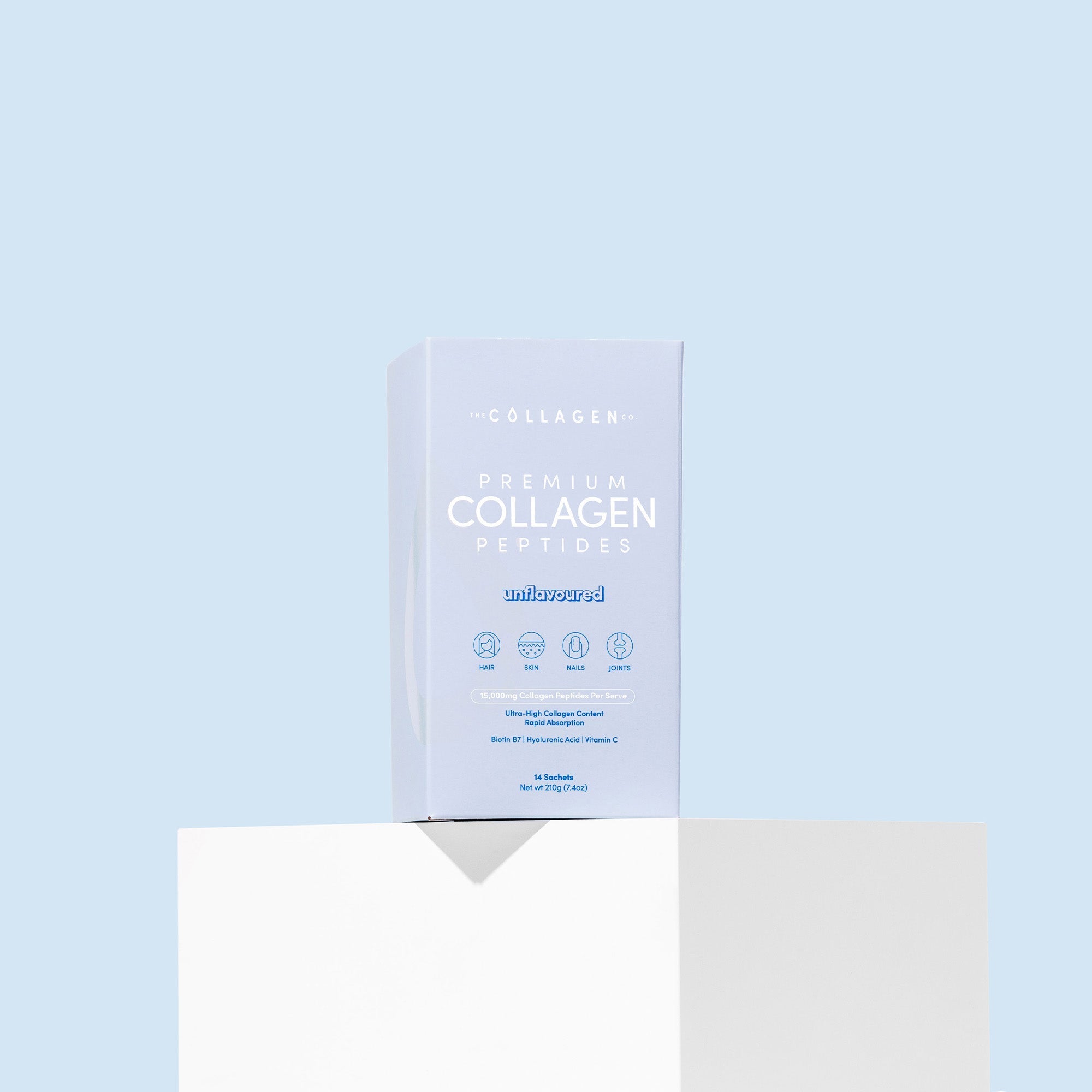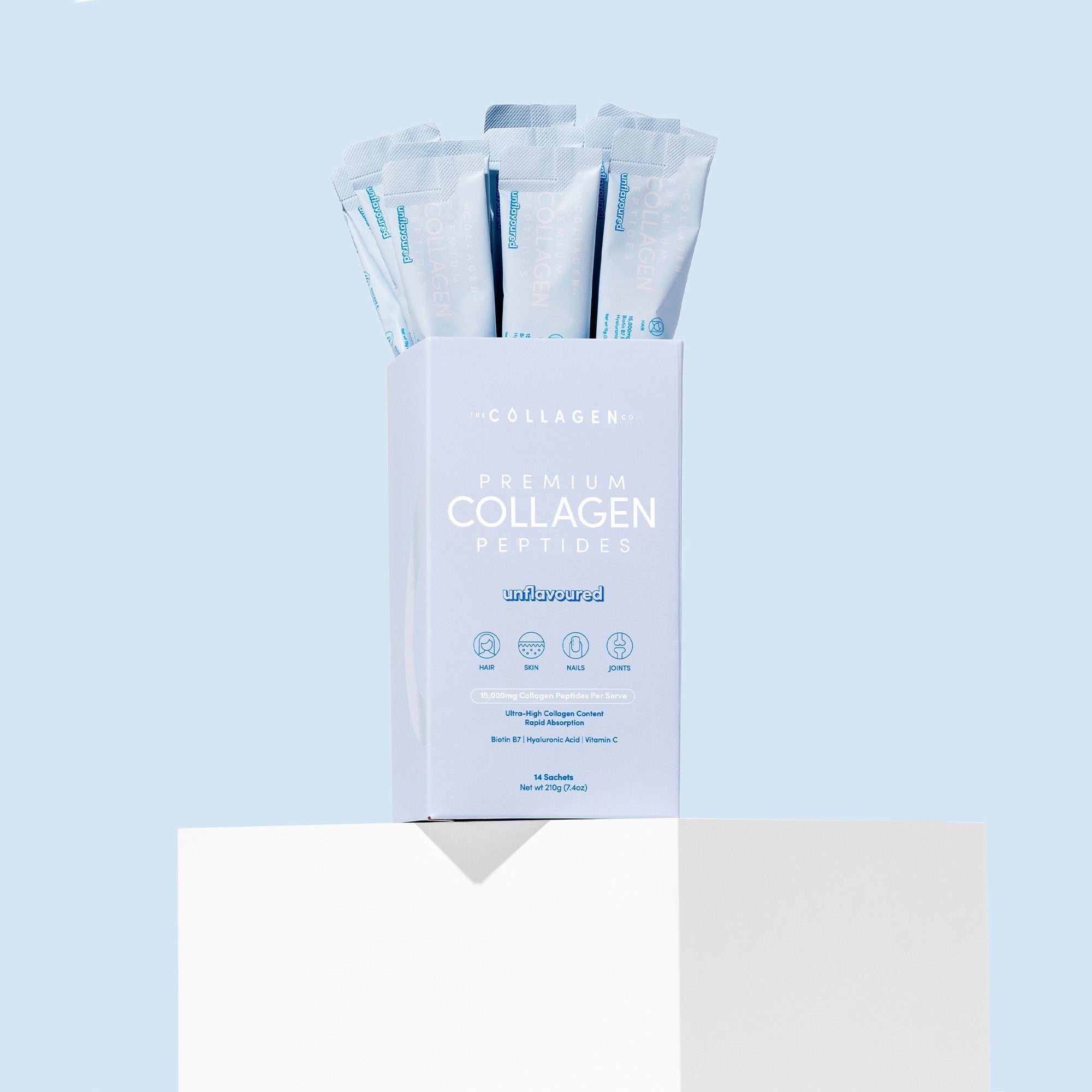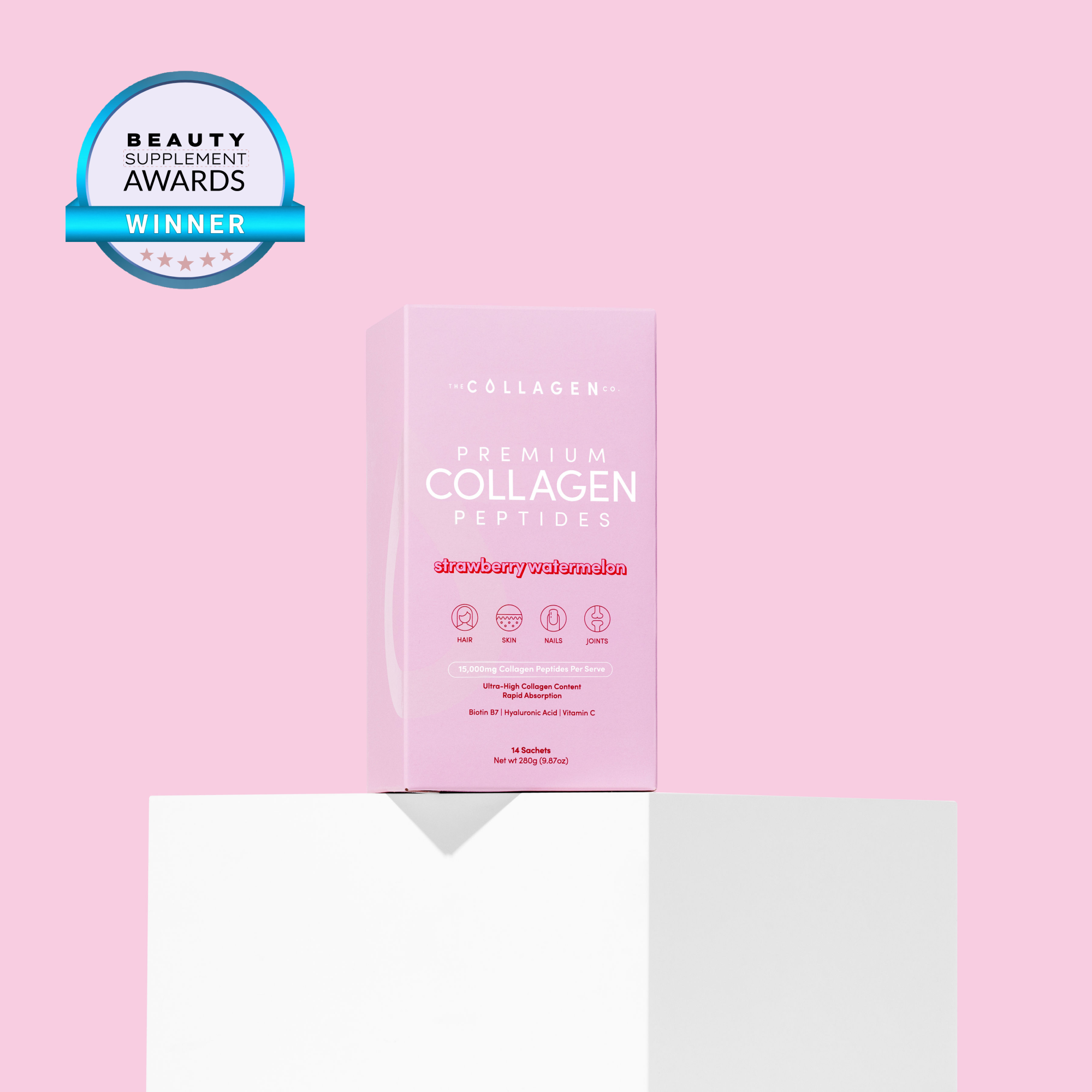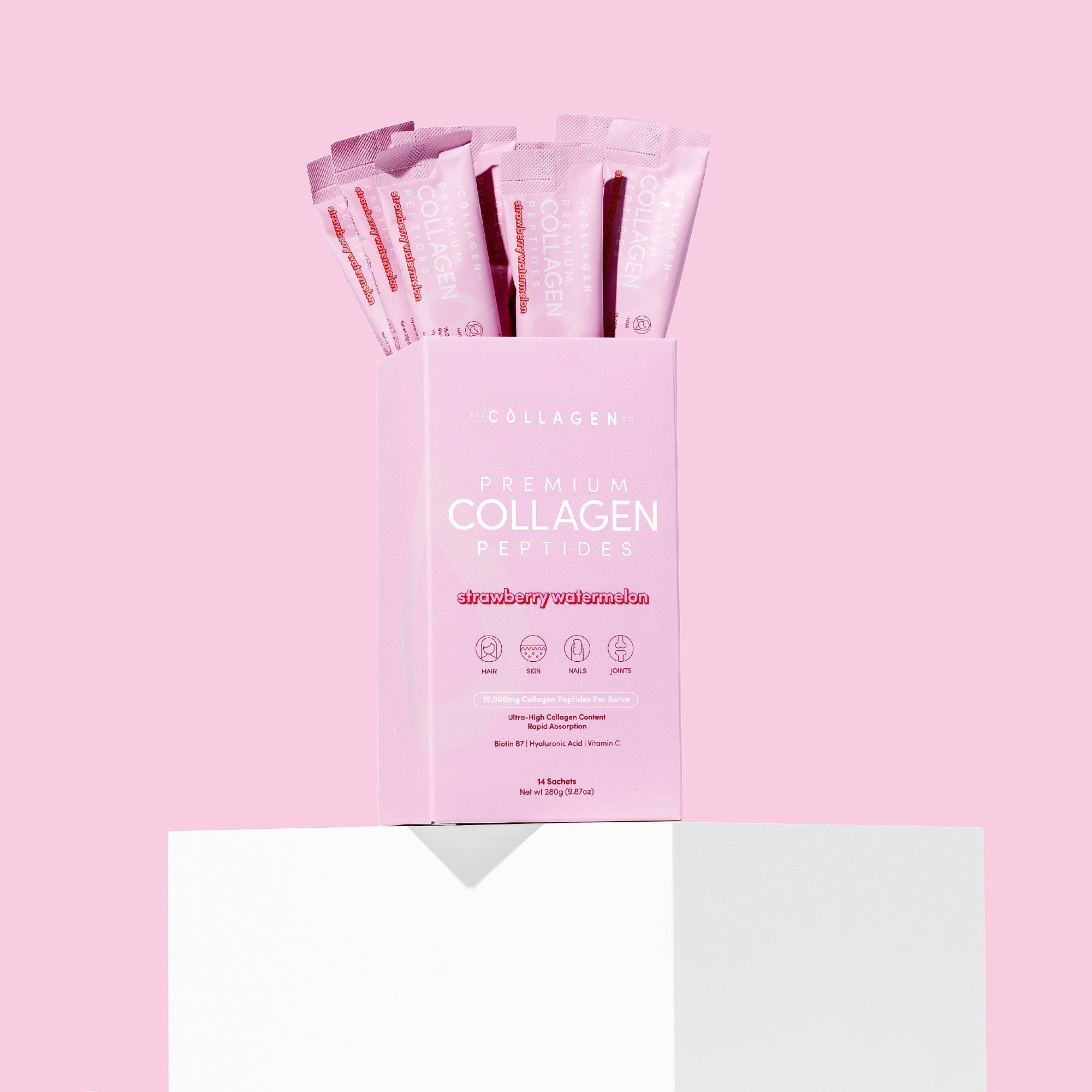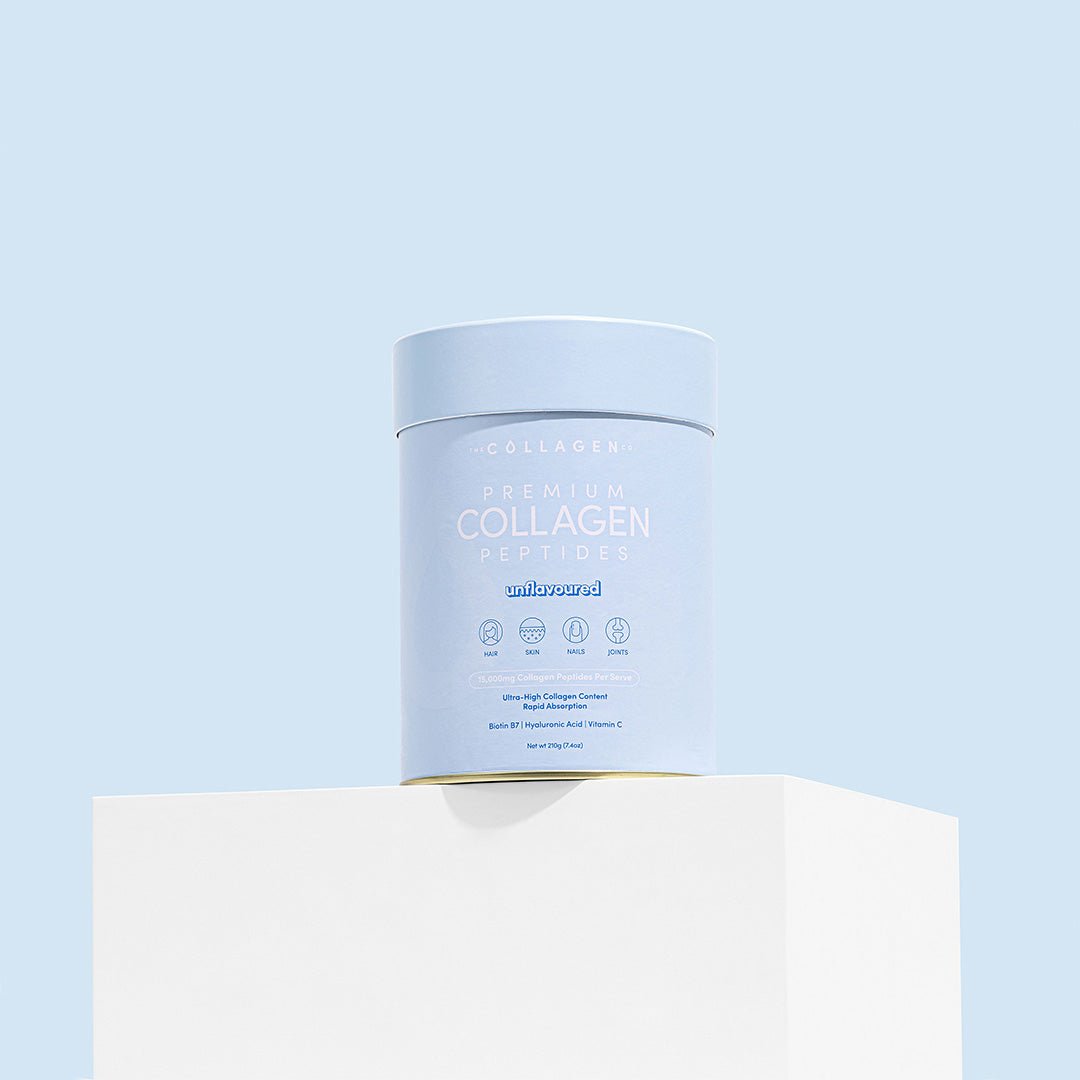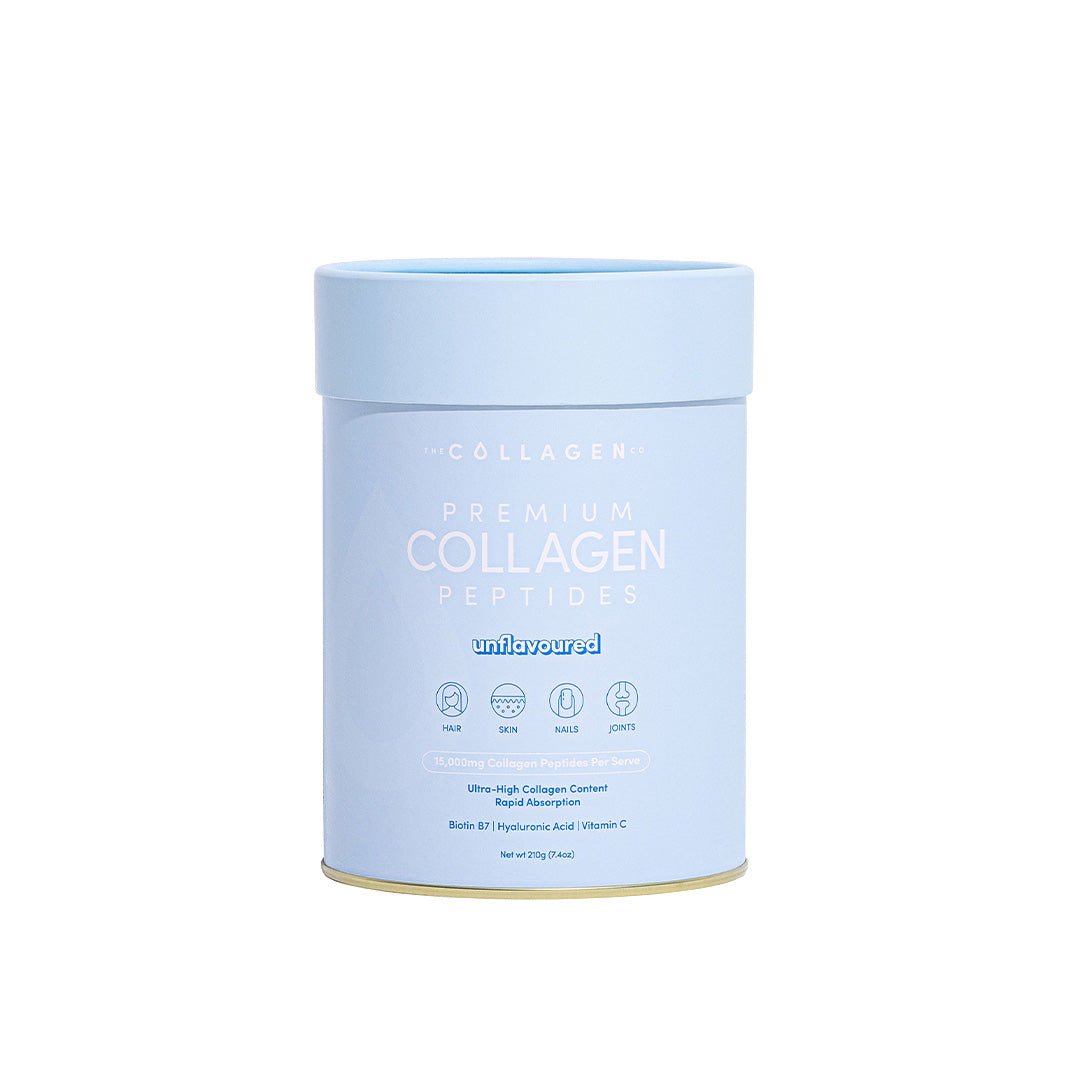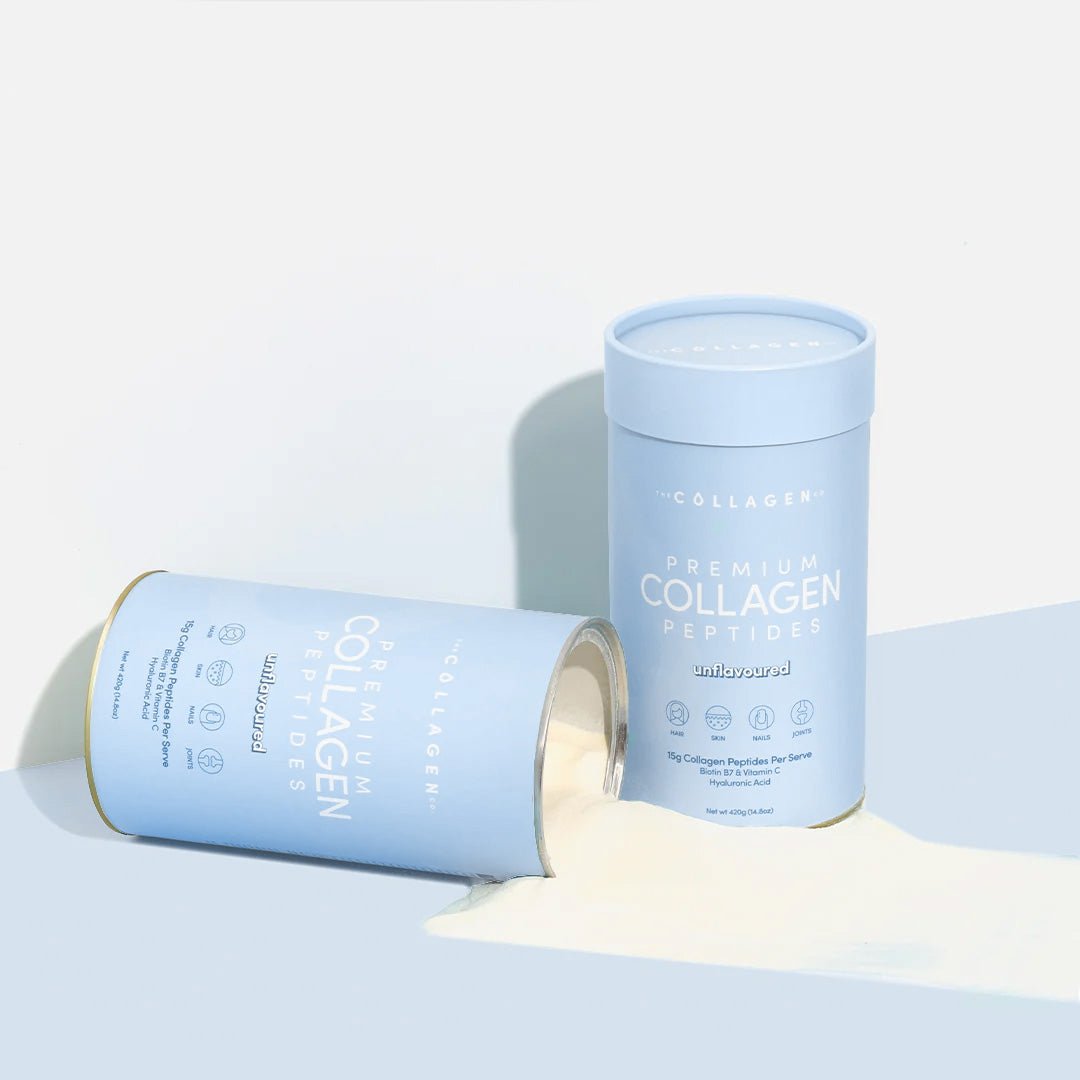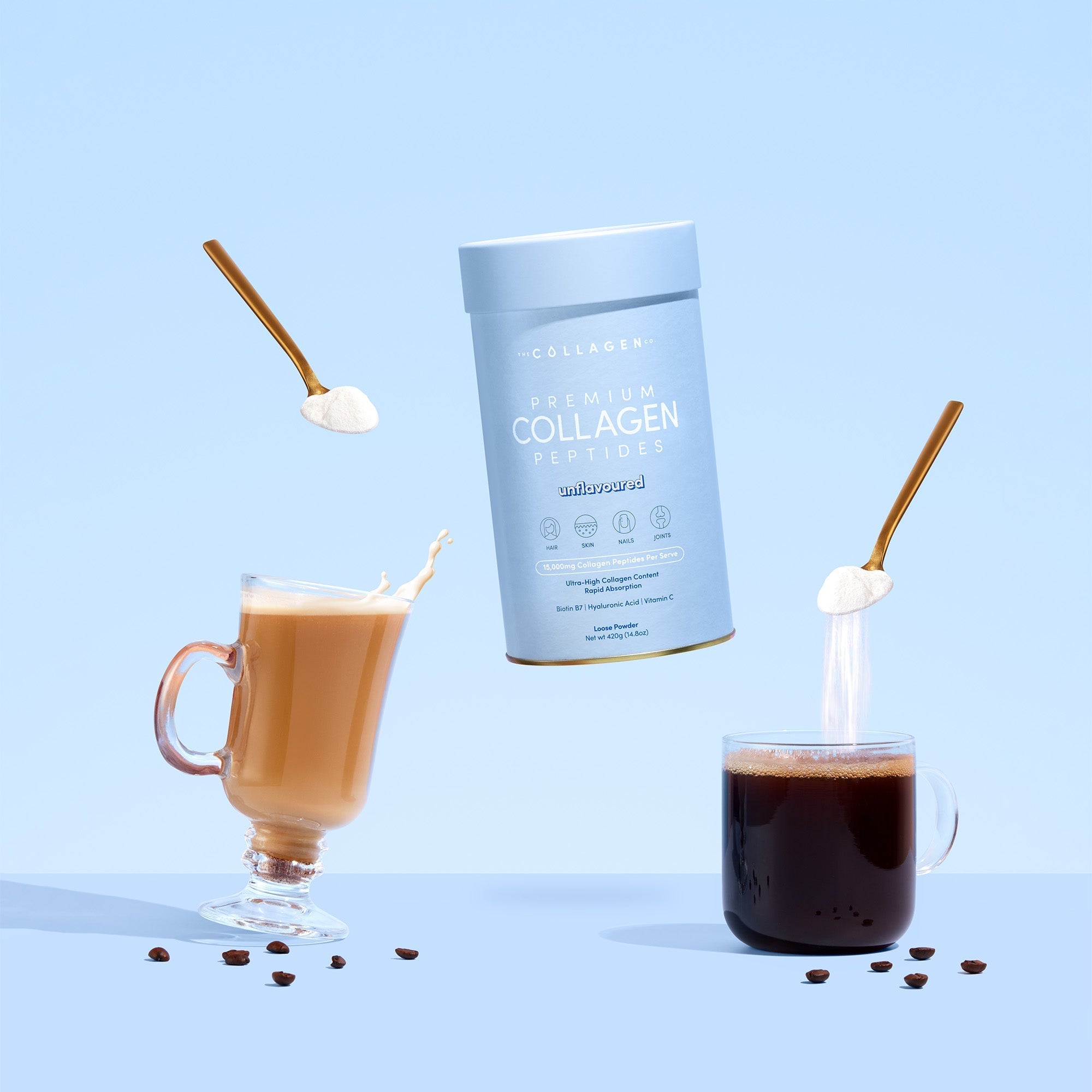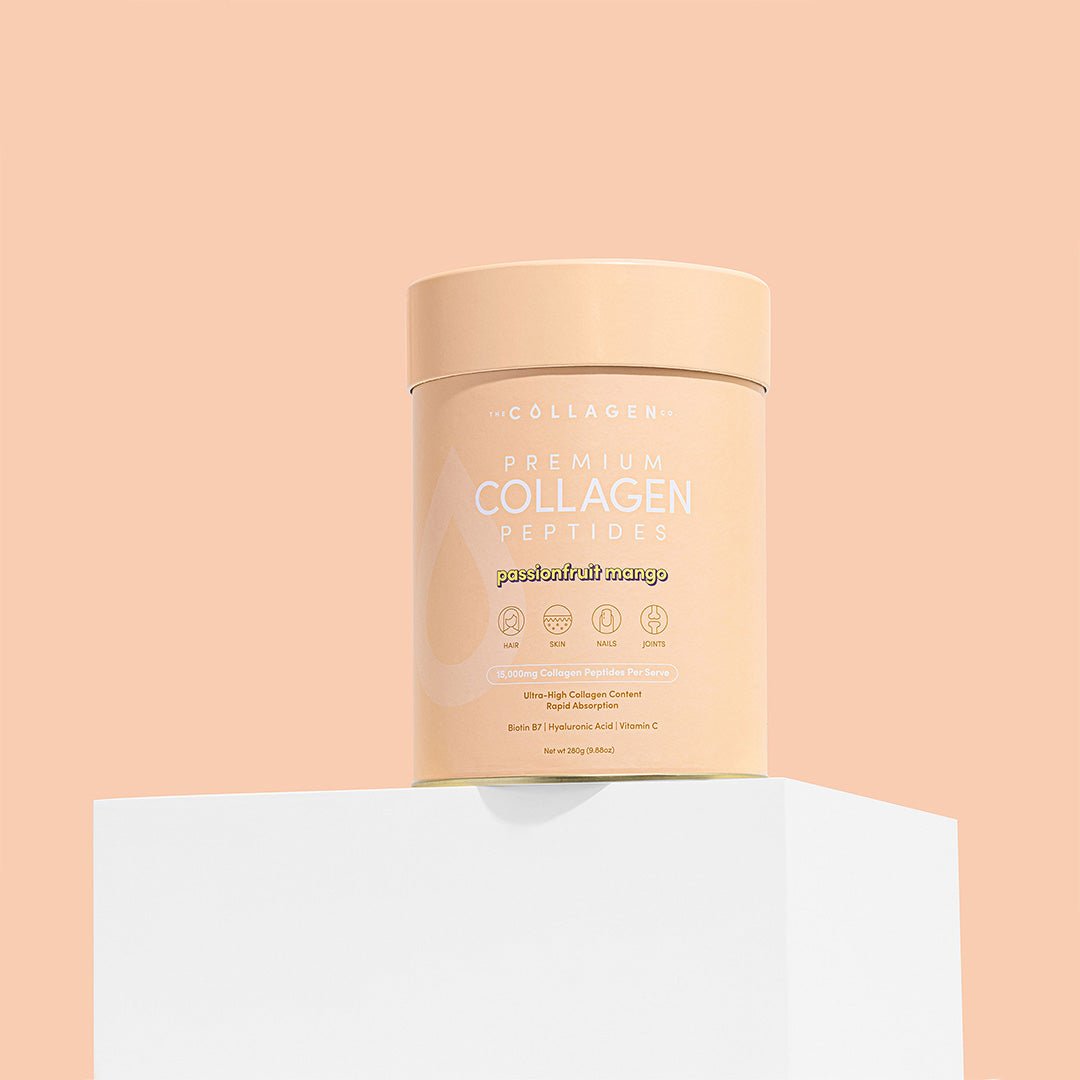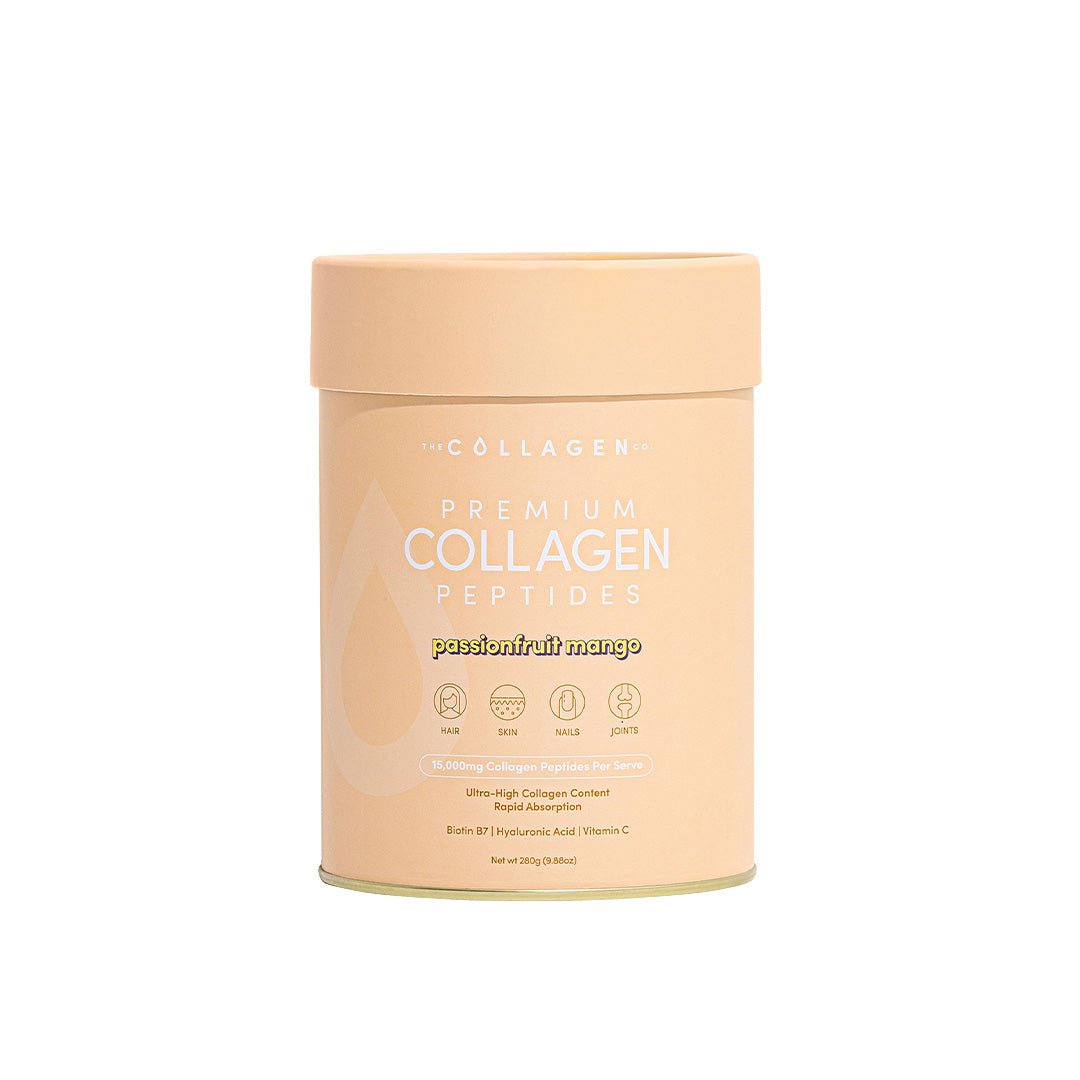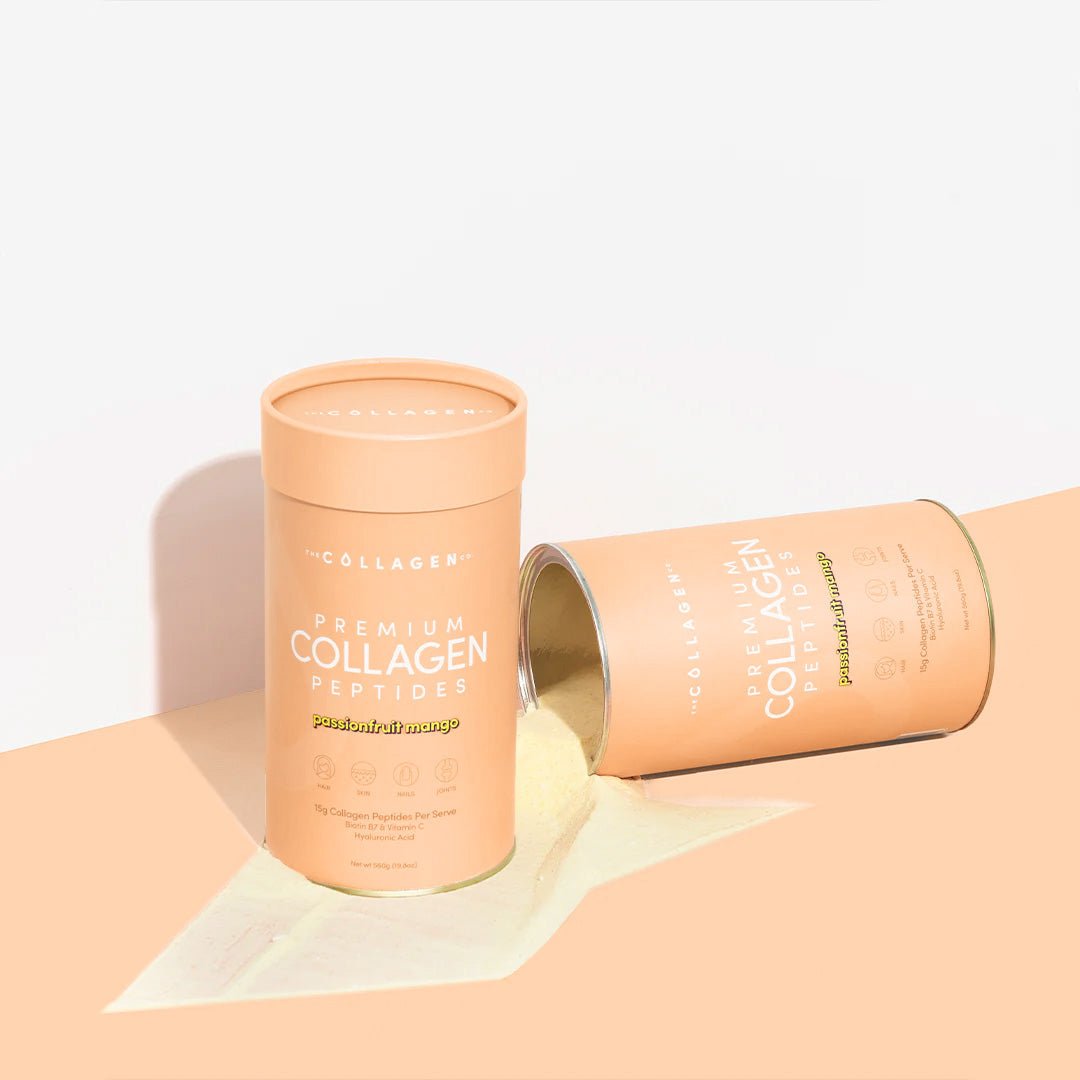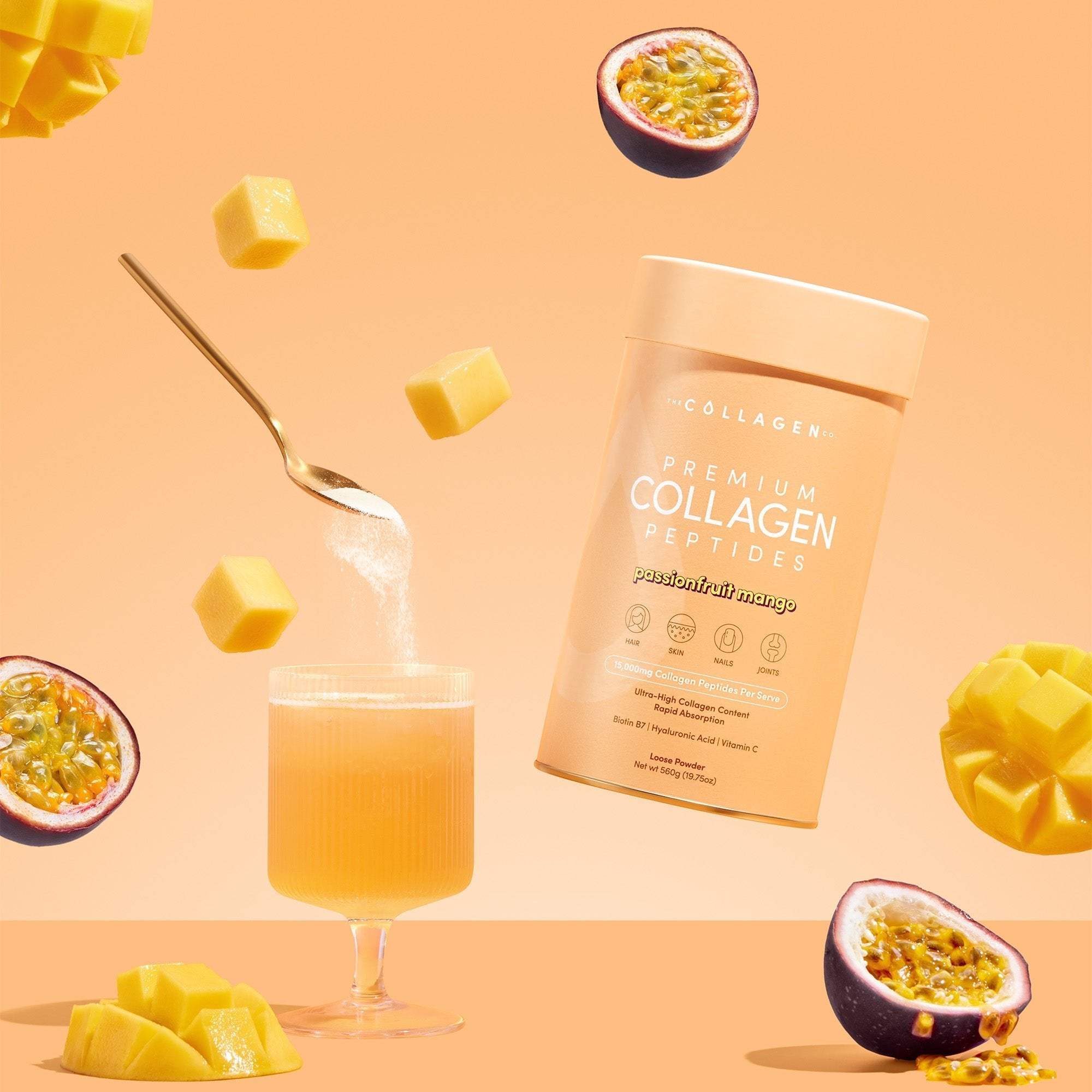Can’t Sleep? These Are The Best Natural Sleep Aids For Better ZZZs
Posted 21st August 2024

You know how important it is to get enough sleep each night.
It helps you fire on all cylinders in the morning, keeps your skin glowing, and promotes healthy weight management. But … let’s be honest. The act of actually getting enough sleep is fraught with challenges.
Case in point: you dutifully climb into bed at 10 pm for 8 solid hours of ZZZs — only to find yourself tossing and turning, and eventually hopelessly staring up at the ceiling in the dark, wide awake still, at 11 pm.
If you’re sick of lying in bed and hoping for the best (which, as you’ve probably experienced, rarely works out), here are 7 of the best natural sleep aids that could finally get you snoozing soundly again.
#1: Magnesium
Magnesium is “the most used mineral” in the body.
It’s involved in over 300 biochemical reactions within the body that regulate many vital processes.
These include reducing the stress hormone cortisol, increasing melatonin production, and regulating neurotransmitters in the central nervous system, all contributing to a healthy sleep pattern.
While it’s true that we can get magnesium through eating food (from whole grains to leafy greens), we often don’t get enough.
According to Healthdirect Australia, more than 1 in 3 Australian adults fail to meet their daily magnesium requirements.
So, if you’re having trouble sleeping, it may be worth topping up your daily intake.
Research agrees.
|
Research |
About |
Results |
|
The researchers randomly assigned 60 participants diagnosed with insomnia to 2 groups:
|
After 3 months, the researchers found that the magnesium complex supplementation exerted a beneficial effect on the treatment of insomnia regardless of cause. |
|
|
The researchers randomly assigned 84 participants with polycystic ovary syndrome (PCOS) to 4 groups:
|
After 8 weeks, it was found that co-supplementation with magnesium and melatonin had beneficial effects on sleep quality. |
#2: Zinc
Like magnesium, zinc is another mineral essential for many of your body’s normal functions and systems.
On the sleep front, specifically, zinc contributes to the conversion of tryptophan (an amino acid) into serotonin (a neurotransmitter) and then into melatonin, the sleep hormone.
Zinc also appears to enhance GABA release; GABA is a neurotransmitter that blocks impulses between nerve cells in the brain and is thought to have a “calming”, relaxing effect on the nervous system.
But are we low on zinc? Unfortunately, that's very likely.
And … can supplementing zinc improve sleep? Let’s take a look at the research.
|
Research |
About |
Results |
|
The researchers randomly assigned 120 participants to 4 groups:
|
After 12 weeks, it was found that consuming zinc-rich foods improved sleep onset latency and sleep efficiency in healthy individuals. |
|
|
The researchers randomly assigned 60 participants to 2 groups:
|
After 3 months, researchers found that zinc supplementation had beneficial effects on sleep quality. |
#3: Chamomile
Chamomile tea is a popular bedtime beverage, and for good reason.
Research shows that chamomile contains an antioxidant called apigenin that acts on GABA receptors in the brain, exerting a sedative effect that encourages feelings of drowsiness. According to a 2019 meta-analysis of 12 randomized controlled trials, chamomile consumption is associated with a significant improvement in sleep quality.
#4: L-tryptophan
Doesn’t that sound familiar?
Yes, this is the exact amino acid we talked about earlier, under “zinc”, which gets converted into serotonin and, eventually, melatonin.
Uh, but what’s with the “L”?
To answer that very quickly, there are 2 types of tryptophan: L-tryptophan and D-tryptophan. The only difference between the 2 types is the molecule's orientation — that said, your body doesn’t usually use D-tryptophan, so you don’t have to care about it.
All you need to know is this.
A 2022 meta-analysis of 18 studies found that tryptophan supplementation, especially at ≥ 1 gram, could help improve sleep quality. This is in line with past research findings.
#5: L-theanine
Love green tea?
If so, you’re probably already familiar with L-theanine. It helps you get the most out of caffeine’s alertness-boosting effects without experiencing jitteriness or anxiety (disclaimer: of course, the caffeine dose matters).
But what you may not know is that L-theanine is also known to improve sleep quality by enhancing your levels of neurotransmitters, such as:
- GABA
- Serotonin
- Dopamine
These chemicals regulate emotions, mood, and sleep.
According to a 2023 systematic review of 11 studies, L-theanine supplementation improved several sleep parameters, including sleep onset latency, total sleeping time, sleep efficiency, and overall sleep quality.
#6: Passionflower
Like chamomile, researchers believe passionflower works as a natural sleep aid by increasing GABA levels in the brain.
In this 2020 study, researchers randomly assigned 110 participants with insomnia to 2 groups:
- Passionflower extract
- Placebo
After 2 weeks, the passionflower extract group experienced significant improvements in total sleep time and efficiency compared to the placebo group. A 2011 study reported similar results.
#7: Valerian root
Valerian (Valeriana officinalis) is an herb native to Europe and parts of Asia, and valerian root has a long history of use as a sedative.
How does valerian root act as a natural sleep aid? Research suggests it:
- Affects GABA and serotonin receptors, which are both involved in mood and sleep
- Reduces brain activity in the motor context in response to stimulation, alongside changing how brain waves in different brain parts work together in response to stress and anxiety
According to a 2018 systematic review, menopausal and postmenopausal women saw an improvement in their sleep quality and sleep disorder symptoms after taking valerian. Another 2021 study found that taking valerian root before bedtime for 1 month improved sleep quality compared with a placebo.
All the best natural sleep aids in 1 serving
OK, so here’s the awkward bit.
Trying to get all 7 of the best natural sleep aids in will be … challenging, to say the least. In the unlikely event you pull it off, long-term sustainability remains a big question mark.
Lucky for you, you can skip all that headache and hassle with The Collagen Co’s Collagen Dream. Just 2 scoops (1 serving) give you all the best natural sleep aids you need to (finally) fall and stay asleep.
But the good stuff doesn’t stop there. You’ll also find 5 grams of beauty- and wellness-boosting hydrolysed collagen peptides per serving, so you wake up absolutely glowing.
Choose between the perennial favorite Hot Chocolate or the nostalgic Violet Crumble flavor. (Or why not get both?!)
